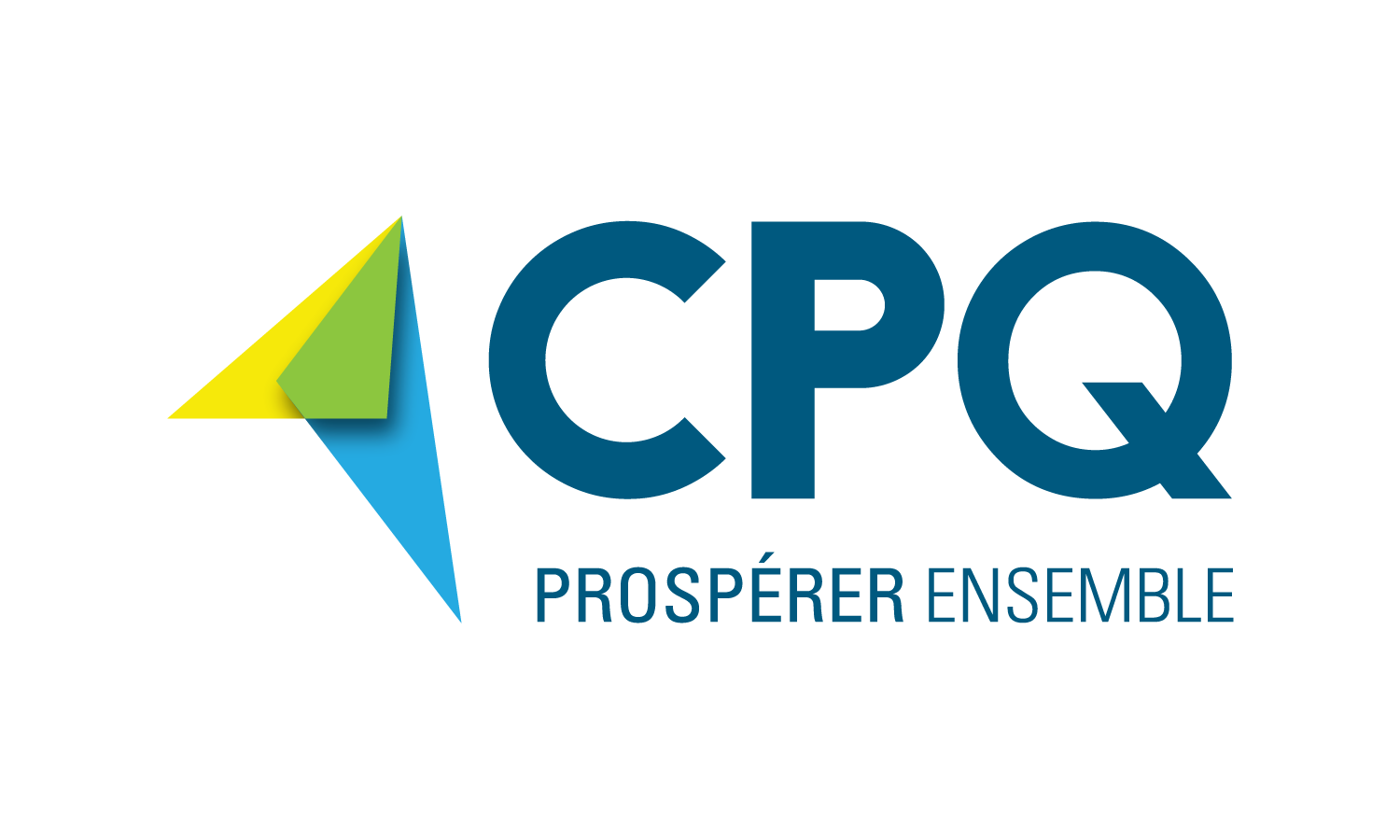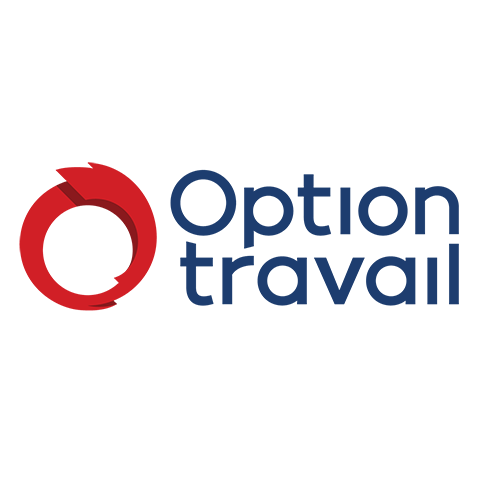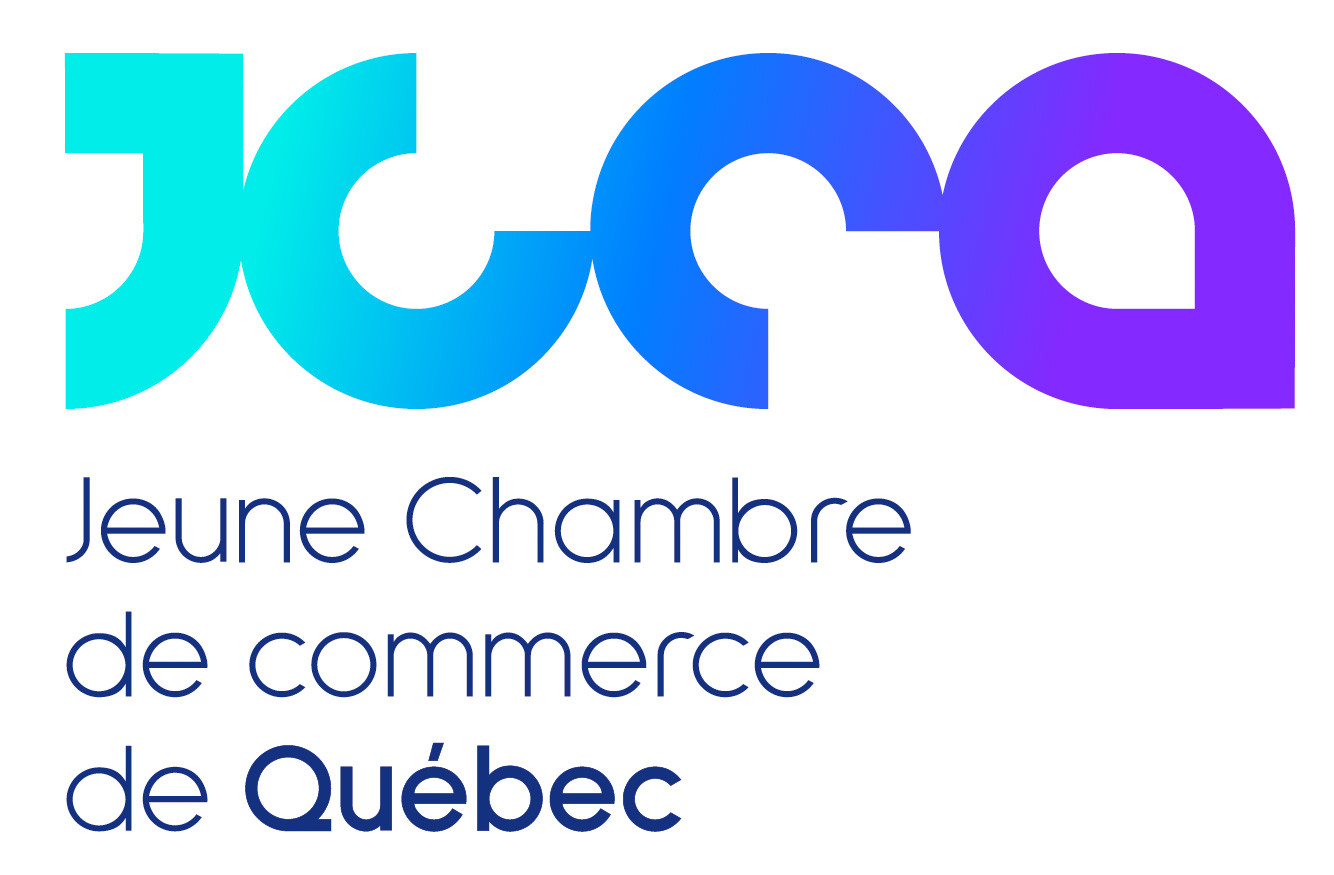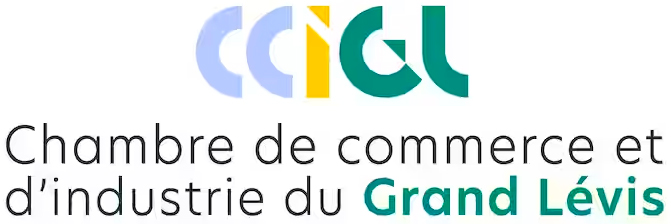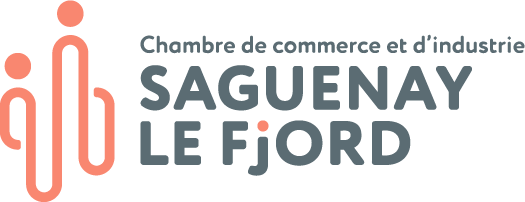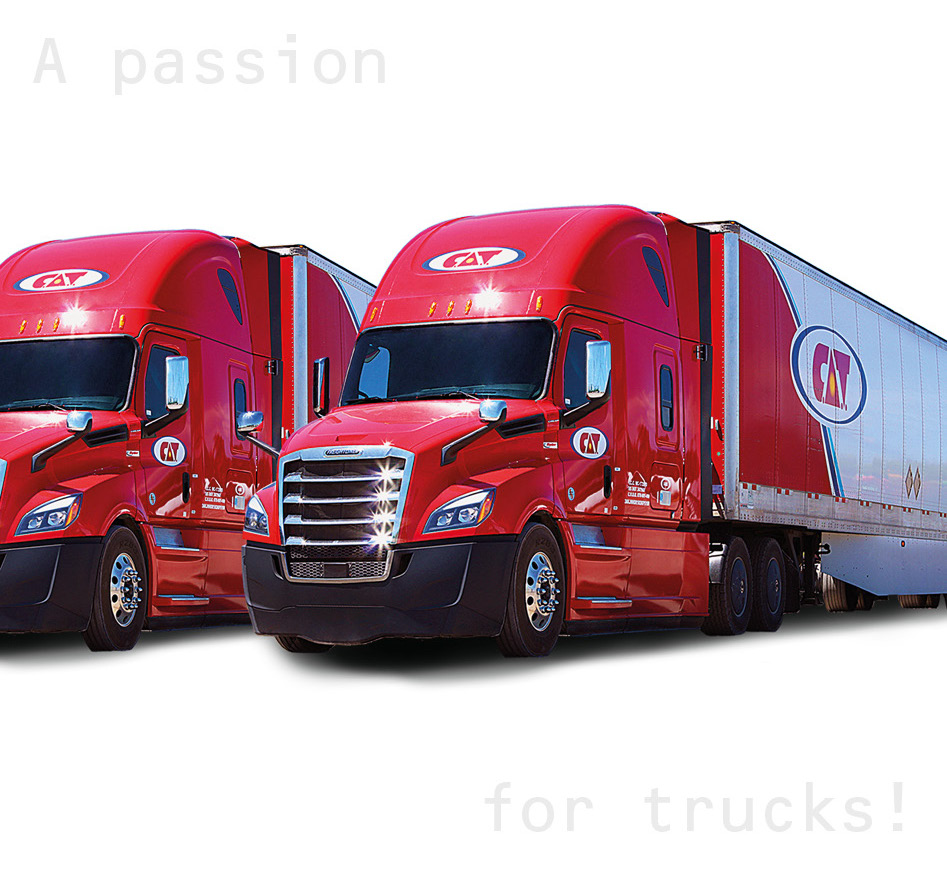

Daniel Goyette
Transport & Entreposage
Montérégie
The C.A.T. transport company and its divisions have been moving trucks across Canada, the United States and Mexico for some forty years. They have weathered many storms and often had to blaze a trail to reach their destination. Their determination to stay on the road has made them the largest private carrier in Québec.
Share on social medias
Share on social medias
The genesis...
… creating momentum
Daniel Goyette grows up in a family of carriers and discovers the truck industry at an early age, developing a real passion for it.
Showing little interest in studies, he leaves school at the age of 14, much to the dismay of his mother, who insists on enrolling her children in private colleges.
“My mother tried her best to change my mind but it didn’t work. She tried to have me study to become a lawyer, a doctor, and so on. In those years, transportation was not a very sexy industry!”
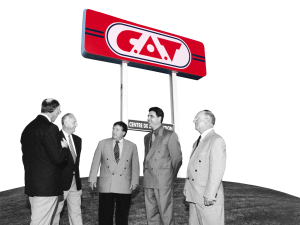
Passion
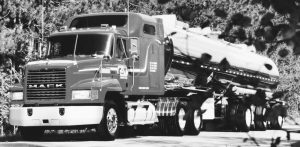
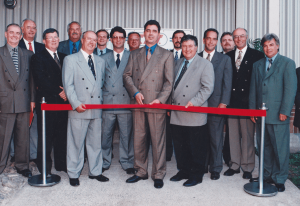
Daniel immediately gets the “bug” for trucks and starts his first transport brokerage company while he is still in his teens. He makes money hand over fist through his work as a broker.
“The entrepreneurial spirit comes naturally to a person. I’ve always had an entrepreneurial streak. It was always in me!”
He also experiments working as a ‘trucker’, but his business instincts lead him instead to purchase trucks and put better drivers behind the wheel – people who are more patient than he is. “I was always in too much of a hurry!”
At the age of 22, Daniel acquires a company located in Sainte-Pie-de-Bagot, which has a fleet of around 35 trucks. Created in 1983, the company experiences similar beginnings to the majority of transport companies.
“For people my age who started out in their early twenties, it was passion! They start off with one truck. They discover the fun. They tell themselves: “OK, I’ll buy a second one, it’ll be more profitable.”
For others, the passion is to remain with a single truck because that is what they prefer.
“Good timing”!
In the 1980s, the decision by the American and Canadian governments to deregulate the highly unionized transport industry has a major impact on both sides of the border. The free market encourages many truckers to make the move.
We would mail in an application for a license. We would get a reply a month later and then we would go into business. It was all about timing!
Thousands of transport companies are created during this period and make a
lot of headway.
The LARGEST tire carrier
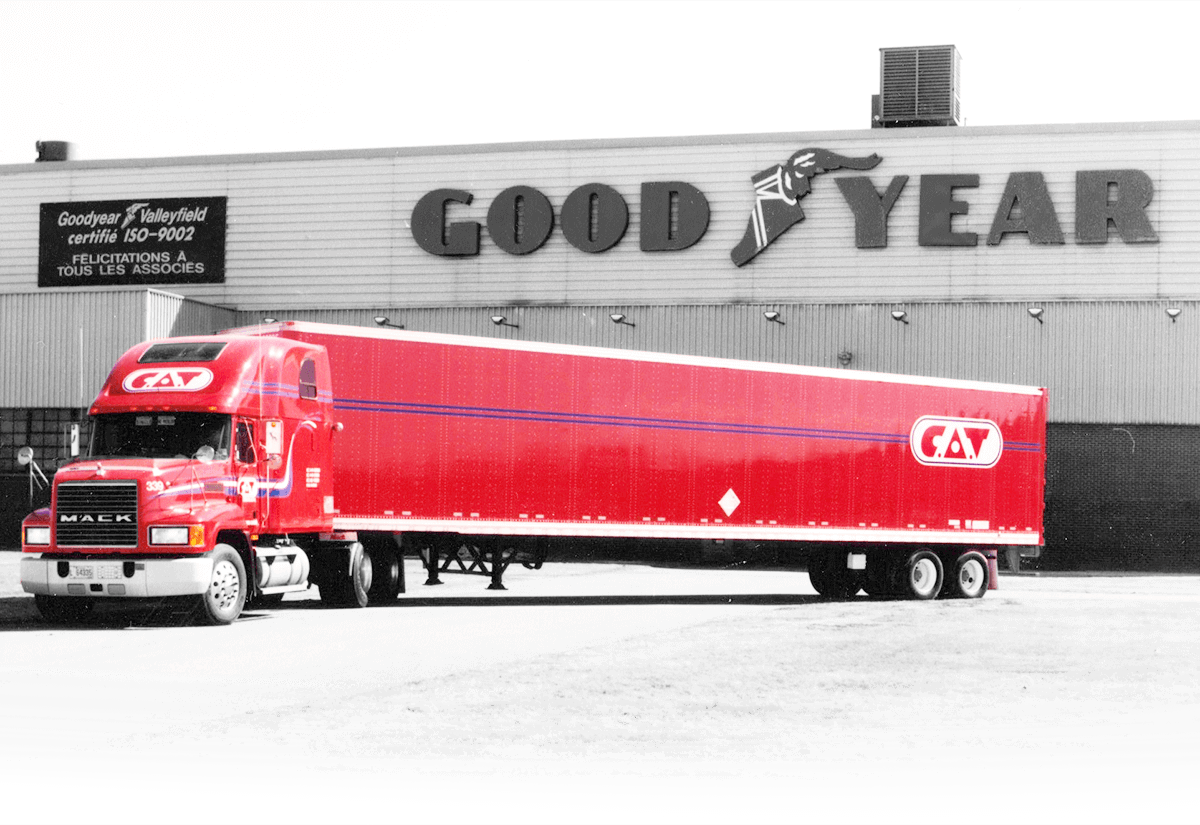
C.A.T., which is now based in Valleyfield, is located next to GoodYear, a tire factory. It then starts the transportation of the product. “It became our business model.”
The advantage of the tire industry is that it is more stable, sheltered from economic cycles. “This isn’t 100 % true, but there are no huge waves in the transportation of tires.”
Regardless of the country’s financial health, new or used vehicles must always have good tires on the road.
C.A.T. builds a solid reputation in the sector, and now offers this service in Canada, the United States and Mexico.
We became the leading tire transporter in North America.
The company also transports a number of auto parts, working with companies such as BMW, Chrysler, and so on. “This gives us another area of expertise! But you have to be careful…” The automobile industry is more vulnerable to changes in the economy.
Industry
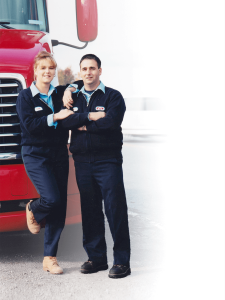
Determination
We have created a place for ourselves with a select clientele.
Battles that pay off
Daniel, who started his business with the deregulation, has to show character to carve out an increasingly enviable position in this competitive market. “I had to fight!”
The route is never mapped out in advance, but transporting targeted products helps to develop new business relationships.
Today, C.A.T. specializes in the transportation of niche and diversified products, with high added value.
“I’m always impressed to see how many home appliances or tires we are carrying from Mexico, the United States and Canada.”
Our strength is that we have developed markets that are difficult for newcomers to enter. It’s not a wall you can’t get through, but it’s harder.
Two girls at the helm
Daniel carries out this mission alongside his two eldest daughters Annie and Karine.
They have always been here, but officially they have been here for 20 or 25 years.
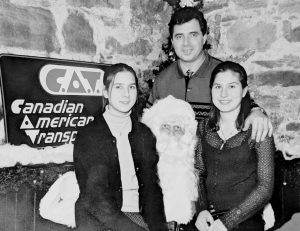
In their respective roles, these two managers lead the team of professionals in place to deal with all aspects of transportation: truck maintenance, personnel management, risks and prevention, insurance, etc. Karine, known for her cool-headedness and efficiency, looks after the operational side of things. For her part, Annie, who takes care of the clients, is mainly responsible for business relations and marketing.
Like the majority of people who get a taste of the industry, they embrace it and choose to pursue a career in it to this day.
“I offered them several times over the years to sell everything and give them their share so that they can do what they want in life. And they’ve said no. They want to stay with what they know, what they love.”
Although the trucking world is not known for its feminine side, it offers these two women an exciting daily routine that is constantly changing.
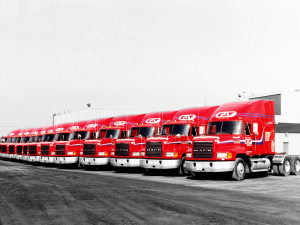
It really is an industry that challenges you every day and forces you to constantly make decisions.
Put to the test
During the first forty years of the company’s existence, Daniel experiences a number of economic crises that shake the foundations of his business…
The crisis of the 1980s pushed interest rates up to about 22%. “In the early 1990s, we had a major recession, I still remember it.”
Surviving these trying times makes the team even stronger. Enriched by this experience, they avoid repeating the same mistakes and use them to evolve.
“Recessions have proved our resilience. That gives us credibility with finance companies.”
For Daniel, the worst is undoubtedly the 2008 financial crisis. Companies in all sectors see their revenues plummet by millions, if not billions. C.A.T.’s clients are no exception, and are prepared to do anything to save money by reducing contracts to a minimum.
“Transportation is a sector that requires a lot of capital. You have to buy a large number of trucks. The day they don’t move, you pay them all the same. It was very difficult.”
This recession is even putting C.A.T.’s future to the test. “I have to admit that there were days when I didn’t know whether I would make it to the next day.”
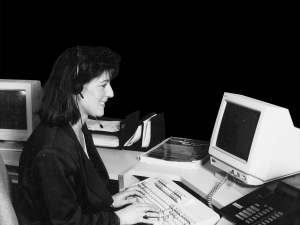
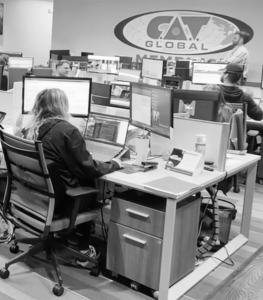
Evolving
Sell everything or innovate?
Having got his head above water, Daniel wonders whether he should sell what he has left or do something else. He finally takes the opportunity to develop a business project, C.A.T. Global, which comes into being in 2012. “It was a major turning point for us.”
Competitors with few assets begin to offer their services more cheaply during the financial crisis. “Instead of competing with these people, I decided to use them.” Daniel thus sets up a division of brokers, without a fleet of trucks, who are responsible for finding carriers for their clients. Their revenue comes from the profit margin they make on each contract awarded.
Annie, the elder of the two daughters, is responsible for this division, which is enjoying great success. “We continue to develop it. Our approach is quite unique in the Canadian transportation industry.”
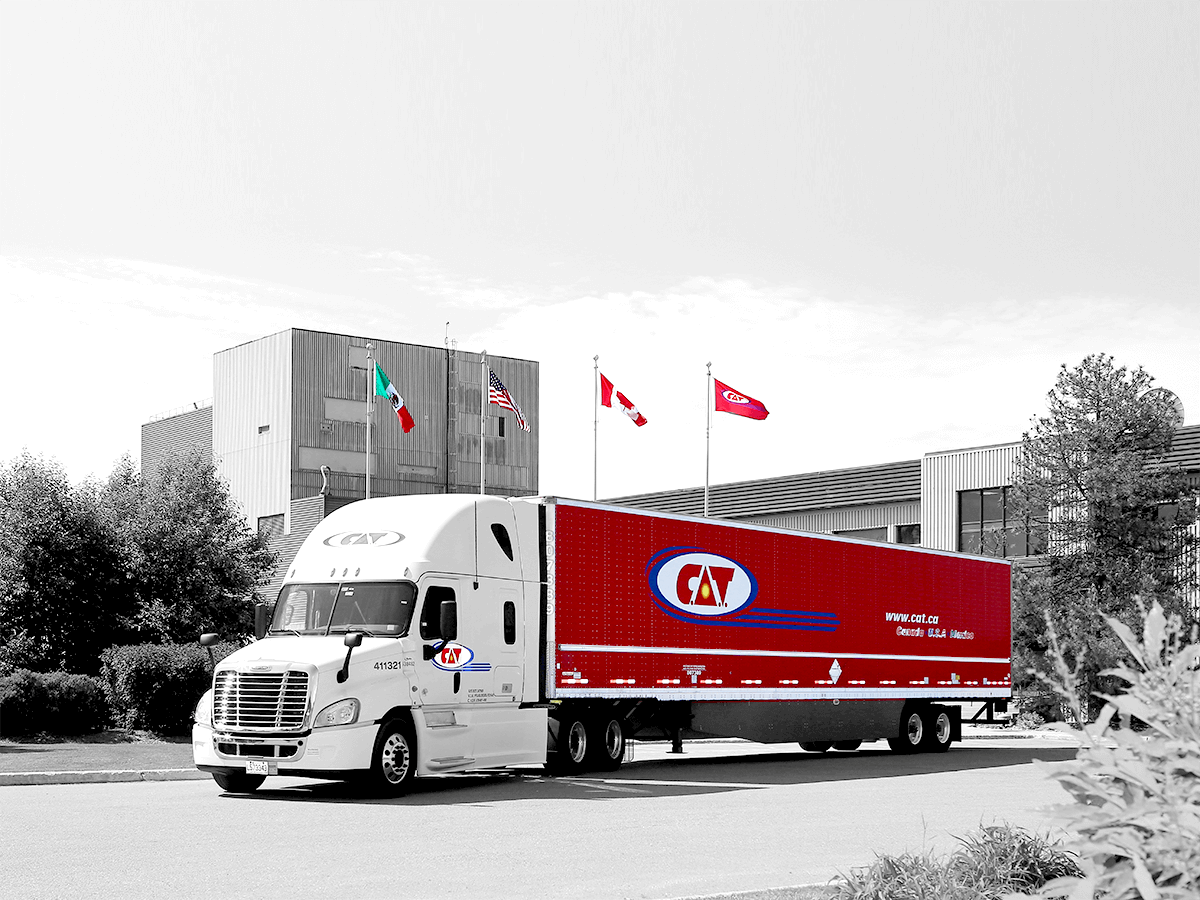
A bold and successful change of direction
Since it was founded about ten years ago, C.A.T. Global has opened about ten offices in Canada, the United States and even Mexico. “We try to open one or two a year.”
This independent division has quadrupled its sales, which accounts for a third of the company’s total revenue, without owning any trucks. This bold change of direction has been crowned with success!
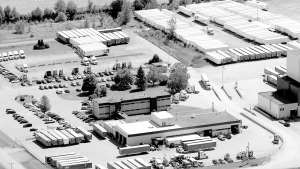
People often ask me how many trucks we have. I tell them that they have to consider
two things: the number of trucks we have, and the number of trucks we run. It’s not the same thing!
Proud of his two hats
Daniel likes to tell people that he wears two hats: a broker’s and a truck owner’s. “When you are a carrier with your own direct customer base, you want to do as little business as possible with brokerage companies, because those people take a cut.” Conversely, carriers that do not have the structure to support a team responsible for awarding contracts appreciate dealing with brokerage firms.
When I put on my broker’s hat, I like it because the profit margins are good. So, I’m always in between the two of them.
C.A.T. Global’s brokerage offices are located outside the transportation companies and have a different customer base, giving rise to free competition, even though both divisions belong to the same large company.
“If any of our transport companies want to do business with them, they have to do so at the market price. We are not taking away their negotiating power. One does not support the other. They are both independent.”
These innovative solutions are what keep C.A.T. alive today and have also earn them the recognition of their peers.
The value we have created over the years is really having earned respect in the industry. It’s been difficult to get through.
Vision and values...
The C.A.T. structure explodes
From 2016 onwards, Daniel sets himself up in acquisition mode, canvassing the many entrepreneurs who have reached retirement age and who started their transportation companies in the 1980s following deregulation.

Next generation
These owners have no choice but to sell because there is no next generation to take over. “They have no children or the ones they do have are not interested.”
The goal he and his two daughters have set for themselves is to substantially increase sales over the period of 2015-2020.
“It gave me a challenge, because at the time, I thought the target number was high!”
What a birthday present!
When Sears files for bankruptcy on June 22, 2017, Daniel acquires the SHL Transport division, which owned trucks across Canada. This is his largest transaction to date.
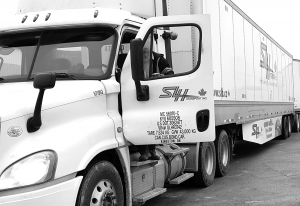
“I was in Toronto. It was my birthday. I thought I would give myself a present.”
This step marks the beginning of C.A.T.’s new acquisition model. “It was a much bigger company than ours. It was quite an adventure! That’s when I cut my teeth…”
This work requires an intense effort for two to three months, but as soon as it is finished, it is time for the next one. “If it’s there, it’s there. If it isn’t, you look for it. It’s not a day-to-day job.” In the end, the 2020 results are three times higher than what was initially forecasted.
I discovered that, making acquisitions really fitted with my natural way of doing business.
A new lease on life for family businesses
Daniel is proud to breathe new life into great family businesses, like the one in Manitoba, which he purchases on January 31, 2020. In 2023, the company located in a small village of 15,000 residents will celebrate its 100th anniversary. “It’s the largest employer in the area. People are proud. And it’s still going strong…”
“I work with people who, like me, spent their lives building. When I arrivecome to sign a transaction, we look each other in the eyes and we’re not bankers. We’re carriers. We all started the same way.”
For them, it is important to sell to companies like C.A.T. that are committed to preserving the spirit of the company and its employees.
Acquisitions
Towards the first billion $ milestone
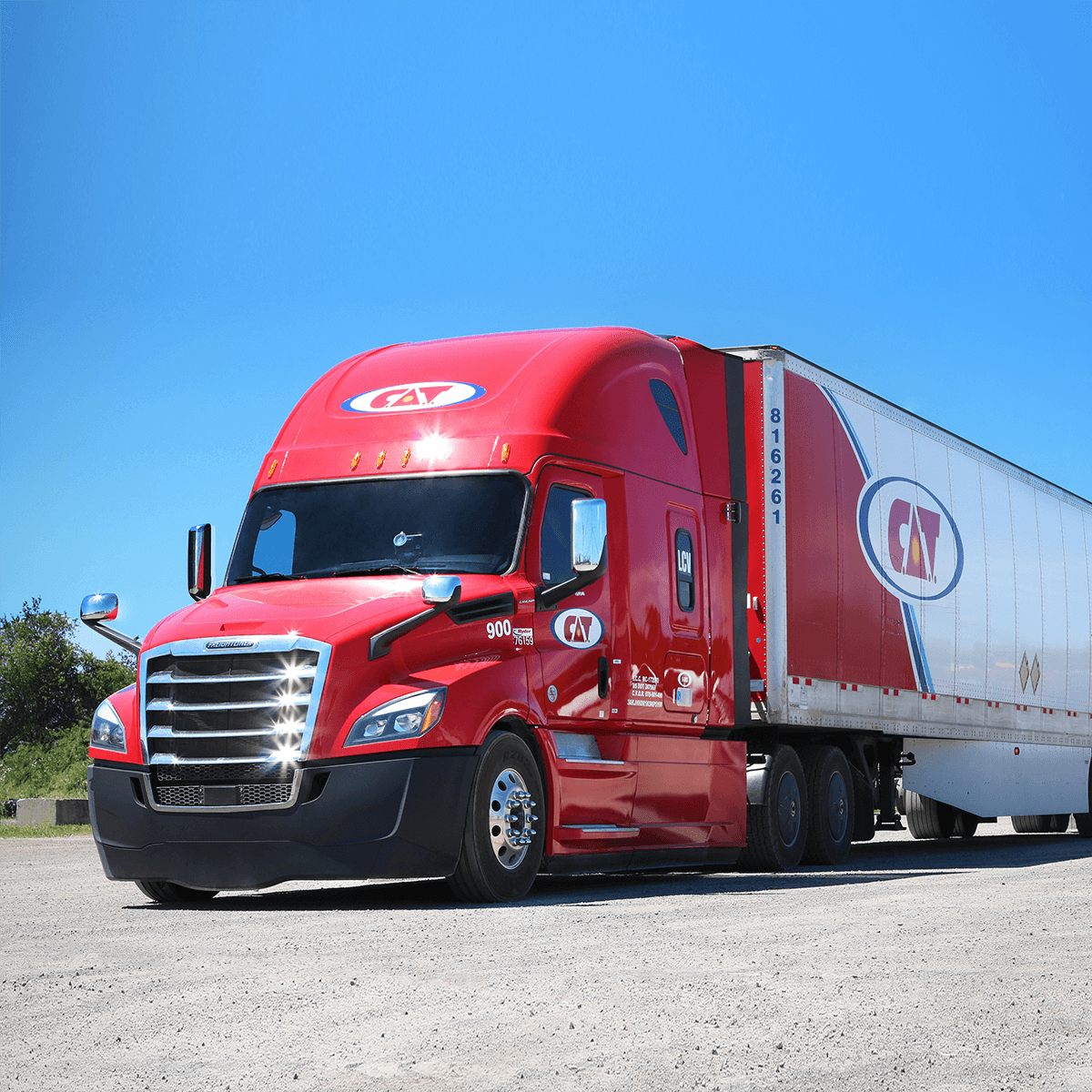
This approach enables the Québec carrier to expand across Canada, the United States and Mexico. At first, employees find it peculiar to see their employer constantly acquiring new carriers. However, they are increasingly involved in the acquisitions, so much so that they now worry during periods where there are no announcements.
“They’re used to it. They’ve got the transaction down pat, so to speak!”
Between 2017 and 2023, C.A.T.’s sales increase from $140 to $800 million. The company, which had 400 employees, now hires 2,200. A real explosion!
It wasn’t easy, but it generated a lot of added value.
The target for 2023 is to break through the $1 billion mark in sales.
Talent acquisition
When it comes to acquisitions, Daniel hones a personal strategy aiming at acquiring well-managed companies with good staff.
“It’s important to acquire family companies that have been in business for at least 30 years, that have a good customer base in the regions we serve, and that don’t have employee turnover.”
This is an opportunity to recruit good managers and transfer them from one company to another. These newly acquired talents, who were sometimes underexploited, can develop to the best of their ability.
“We realize that high-level managers want to be associated with a company that is expanding.”
Managers who replace company owners deliver results that are just as good,
if not better.
That’s when you realize that our growth model is a good one. It got us where we are today.
El México
Mexico is a fertile territory, both in terms of manpower and business opportunities, which is why the carrier is actively developing
this market.
To offset the labour shortage in Canada, a new administration centre, employing around sixty people, opens its doors in Mexico in January 2023. With teleworking becoming increasingly popular, these Mexican employees, like residents of Québec, are able to carry out administrative work, which is performed mainly in English.
People want to work from home. Whether they’re in Québec or in Mexico, it’s the same thing. It’s the same time zone.
The company employs nearly 200 workers in Mexico. This workforce, which is nonetheless qualified and available, has the advantage of being less onerous.
The transfer of activities to Mexico aims at resolving part of the problem of labour shortage in Canada.
C.A.T. also has an office in Serbia with about twenty people.
Talents & ability
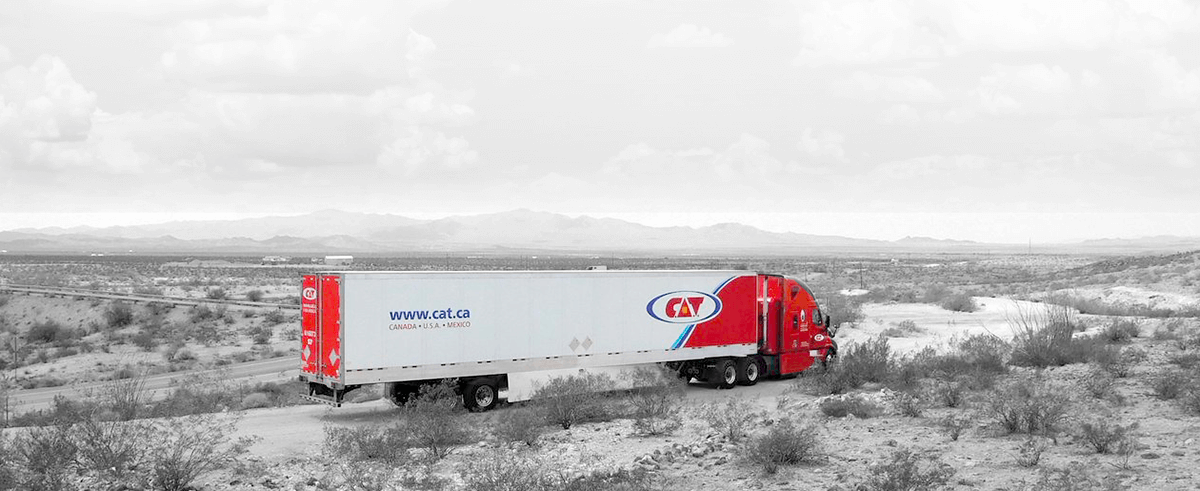
Autonomous trucks on the way
The use of autonomous trucks is also one of the solutions to the shortage of drivers. More and more of these vehicles are expected to be on the road in the coming years, especially in the southern United States, like California or Texas, where there is a lot of traffic. “From a safety point of view, it’s going to be a huge evolution.”
Road accidents involving truck drivers in the United States are regularly the subject of legal proceedings and cost hundreds of millions of dollars. A new technology installed on heavy vehicles could prevent 80% of accidents. Daniel is pleased with the conclusive test carried out at a transport company in Texas.
All new vehicles are equipped with this technology.
Every time an accident is avoided, a life may be saved… And if there are fewer accidents, insurance companies’ premiums decrease. Clients may also prefer to do business with companies that show great concern for safety.
“It’s difficult to put an exact figure on these investments, but they pay off…”
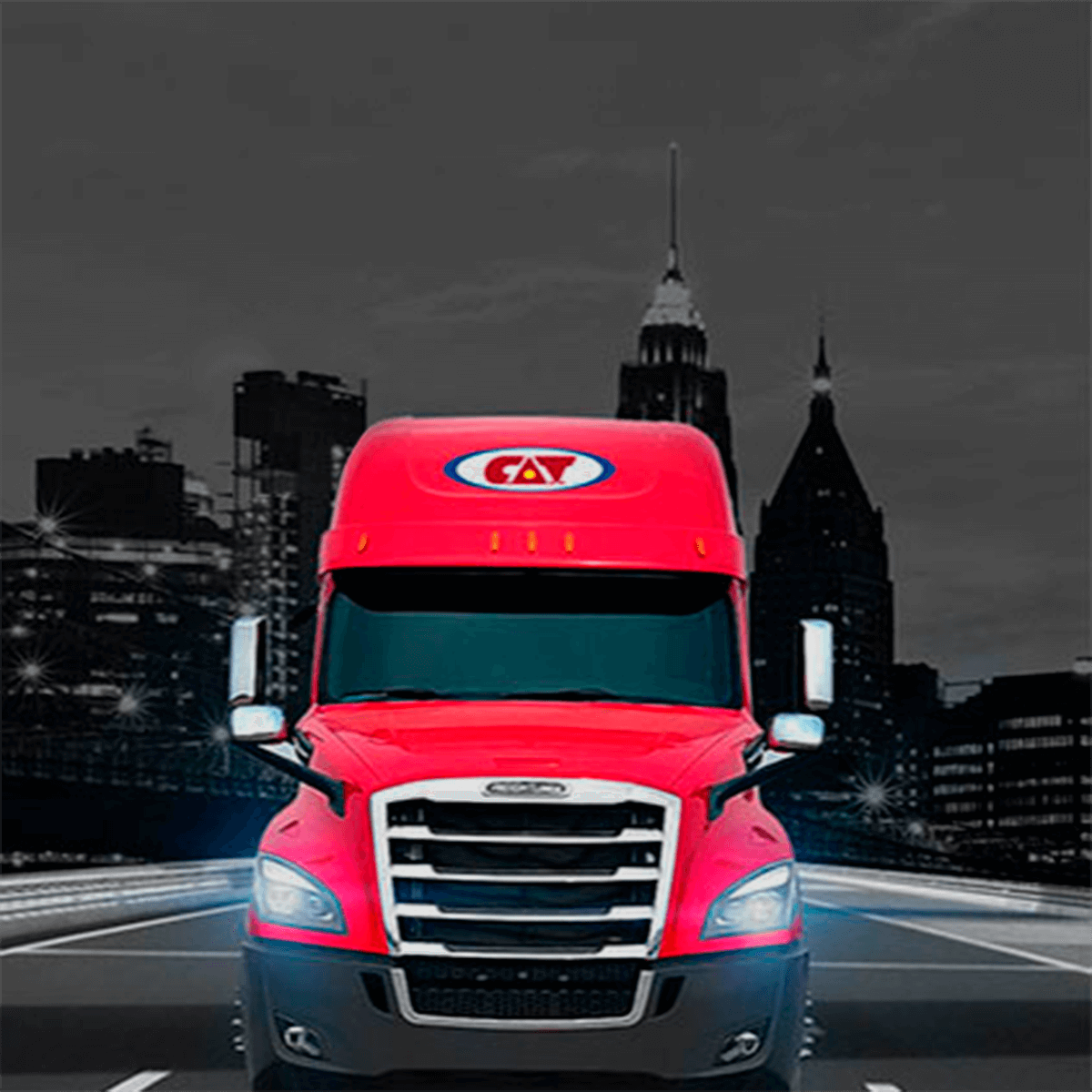
Behind the scenes...
Buyer of companies like in Monopoly
A born entrepreneur, Daniel has no shortage of ambition when it comes to making acquisitions for the C.A.T. Group.
“When I was young, I dreamed of becoming the biggest in Québec!”

Daniel Goyette
The businessman wins his bet and grows the company to become the largest private carrier in the province.
Decades later, he steps down from managing day-to-day operations to offer this position to his two daughters, Annie and Karine, the new presidents.
“I still keep an eye on the company. Sometimes I help out, but my goal is really to retire. It’s important if I want them to take over 100% of the business one day.”
But Daniel is not ready to retire just yet. “Personally, I’m not the type to go and have a coffee at Tim Horton’s in the morning with my friends. I don’t have so many friends anyway, since I work so much and don’t have
the time.”
Above all, Daniel is still having fun. Over the last few years, he has discovered a passion for finding transportation companies throughout Canada, the United States and Mexico, that add value to the business.
An outline of the future...
Going even further!
The year 2023 will be a milestone in the evolution of C.A.T. and its divisions, as Annie and Karine take over the presidency of the empire.
Daniel agrees to step down from the transportation companies he created. The man who until now had been in charge of their legal affairs will now take on the role of secretary.
To date, Annie and Karine have worked in all departments, having grown up within the company, and contributed to its evolution. While some day-to-day management activities will keep them busy, their roles as co-presidents will take them to a more strategic level.
At the helm of Quebec’s largest private carrier, they will face no shortage of challenges. On the financial side, their goal is to double the current sales to reach $2 billion by 2025.
Challenges
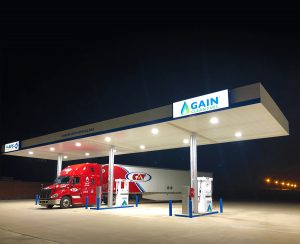
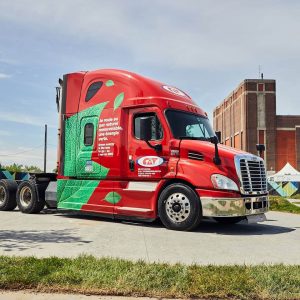
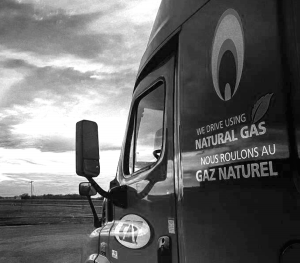
Down with pollution!
The company is also keen to deliver on its environmental values.
Since 2015, C.A.T. has innovated by setting up refueling stations and by running about a hundred trucks on natural gas. Recently, it was selected, along with the carrier Robert, for the testing of a new product derived from natural gas that won’t pollute as much..
“Natural gas is a hybrid between a diesel vehicle and an electric truck that will evolve.”
The future also belongs to renewable gas, made from Québec residues. More promising than natural gas, it will allow truck fuel consumption to go below zero, with a negative ecological footprint.
The environment is on everyone’s lips. The timing is going to be better. It’s the same scenario I’ve been telling for the last five or six years. The only difference is that we’re a little closer to realizing it.
C.A.T. – English
4, rue du Transport
Coteau-du-Lac (Québec) J0P 1B0
1 800 363-5313
cat.caPublishing Director: Audrey Dallaire
Author: Caroline Lepage
Translator: Frédérick Poulin
Graphic designer: Liliane Racine
Proofreading: Céline Chabot
Read also
in the same sector
of activity
Transport & Entreposage
Centre du camion Mabo
Services, Transport & Entreposage
Abitibi-Témiscamingue
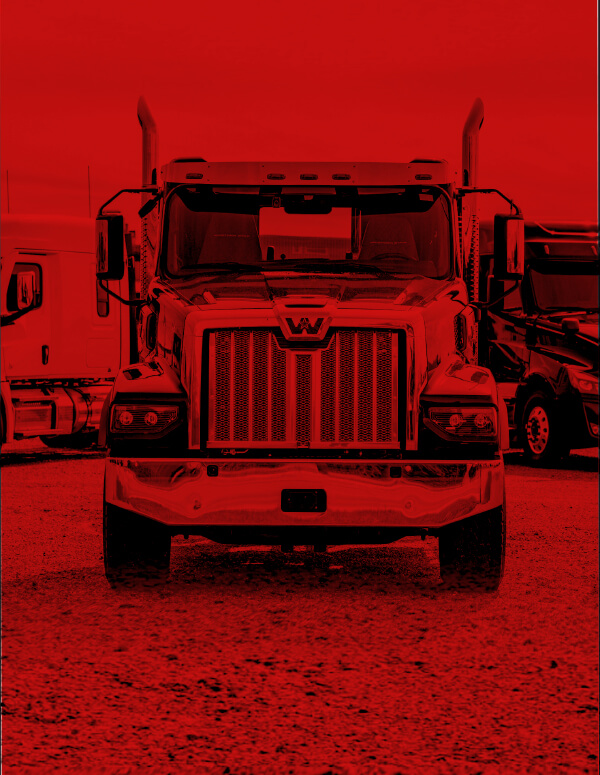
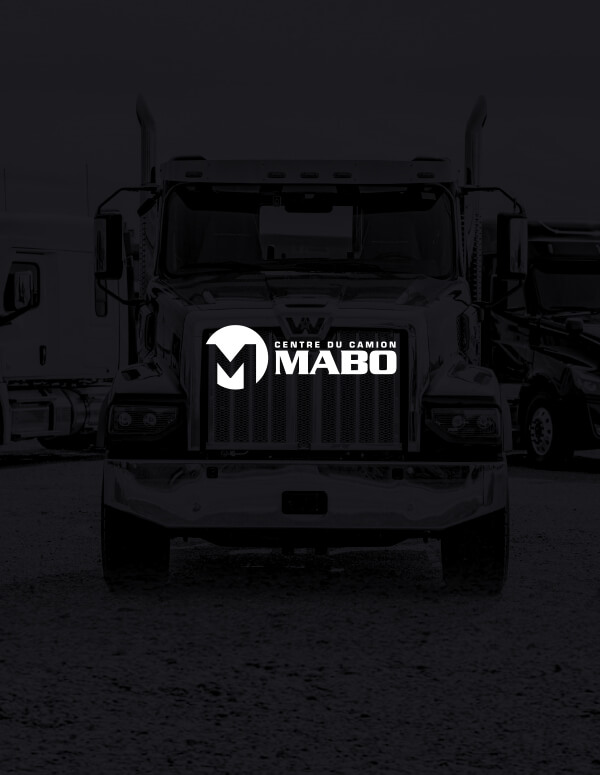
Intercar
Transport & Entreposage
Saguenay-Lac-Saint-Jean


Tecsys – English
Communication, technologie & Technologie de l'information, Transport & Entreposage
Montréal
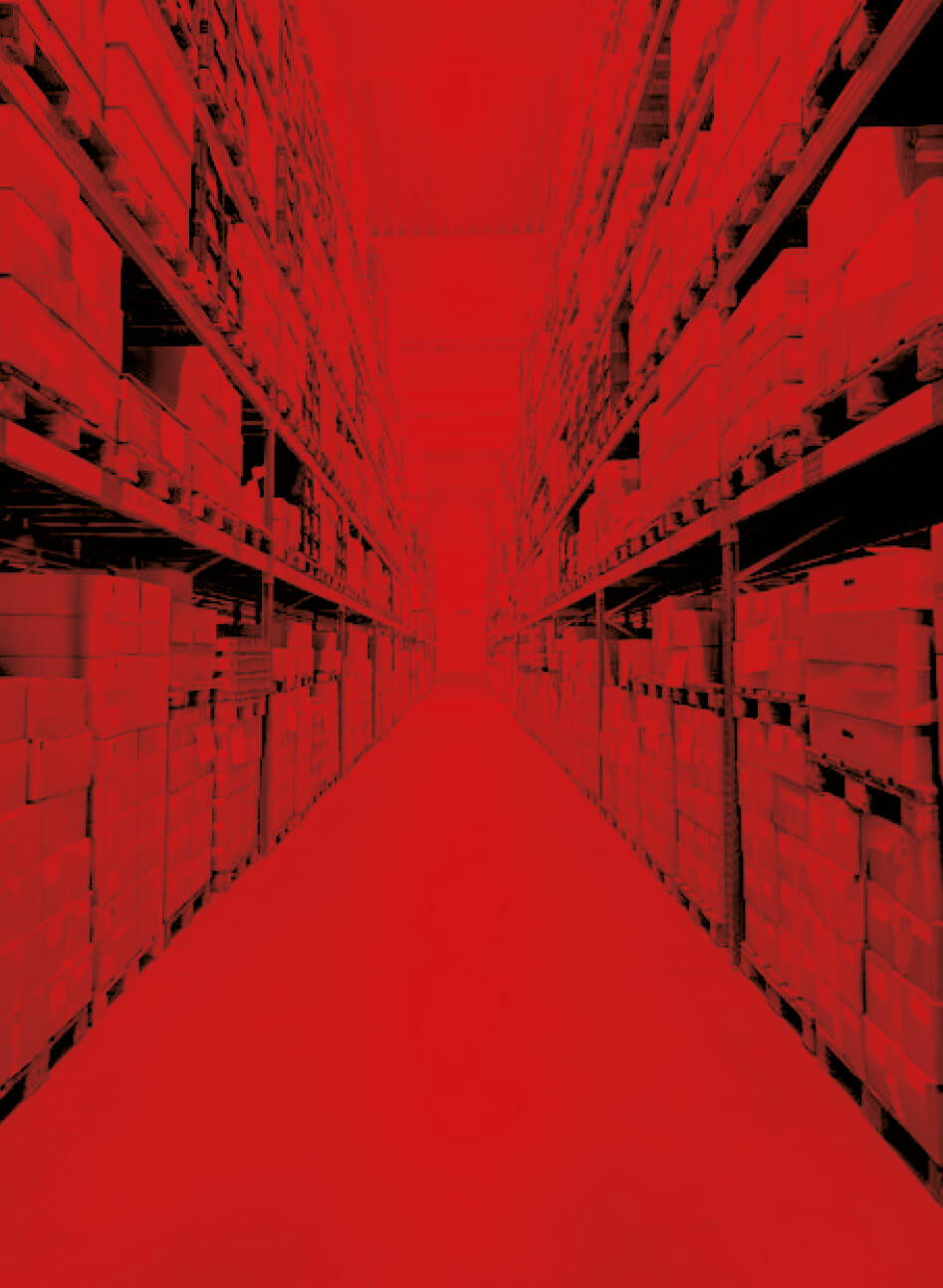
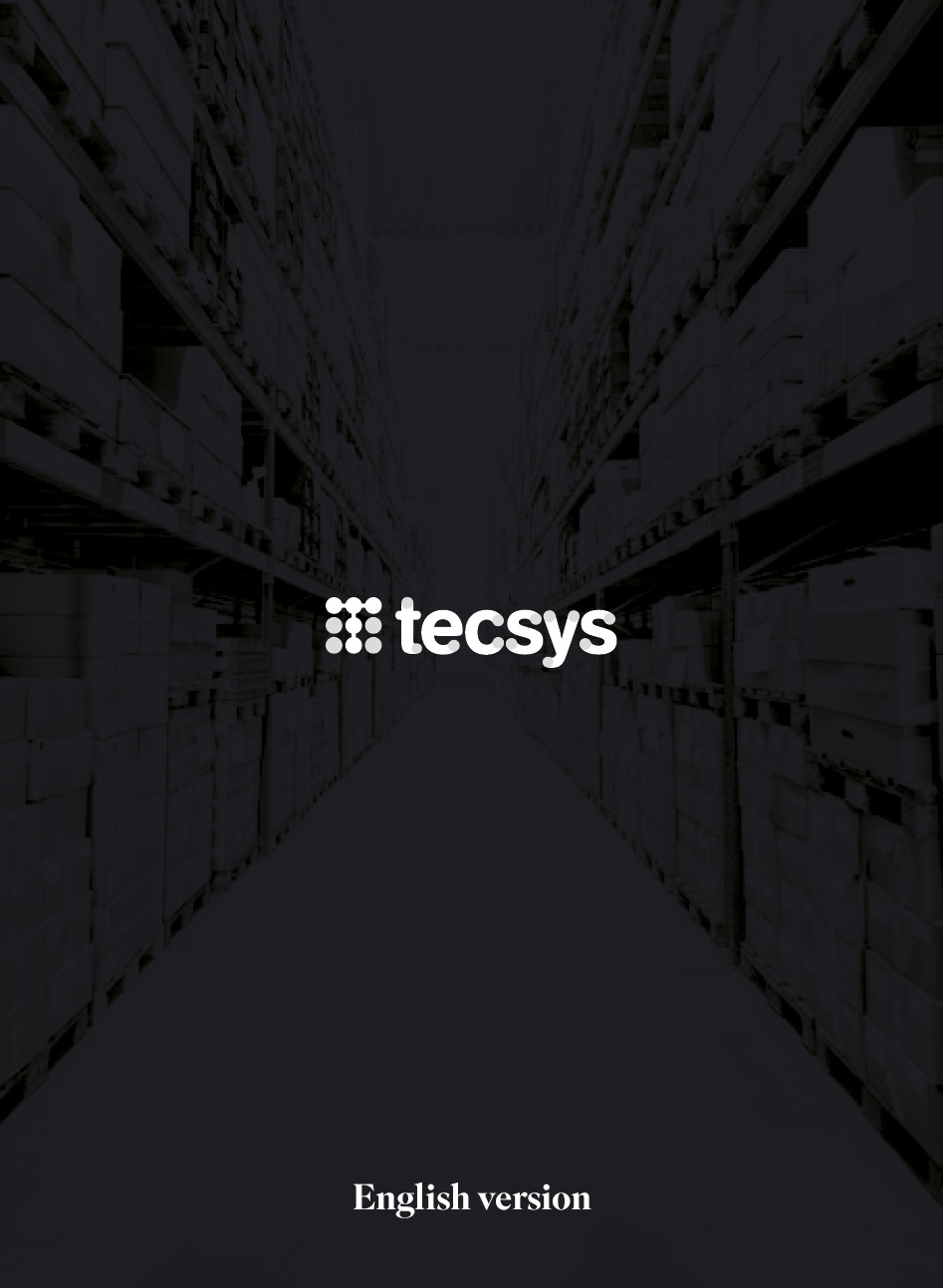
Solugaz
Matières premières, Transport & Entreposage
Bas-St-Laurent, Capitale-Nationale, Côte-Nord, Saguenay-Lac-Saint-Jean
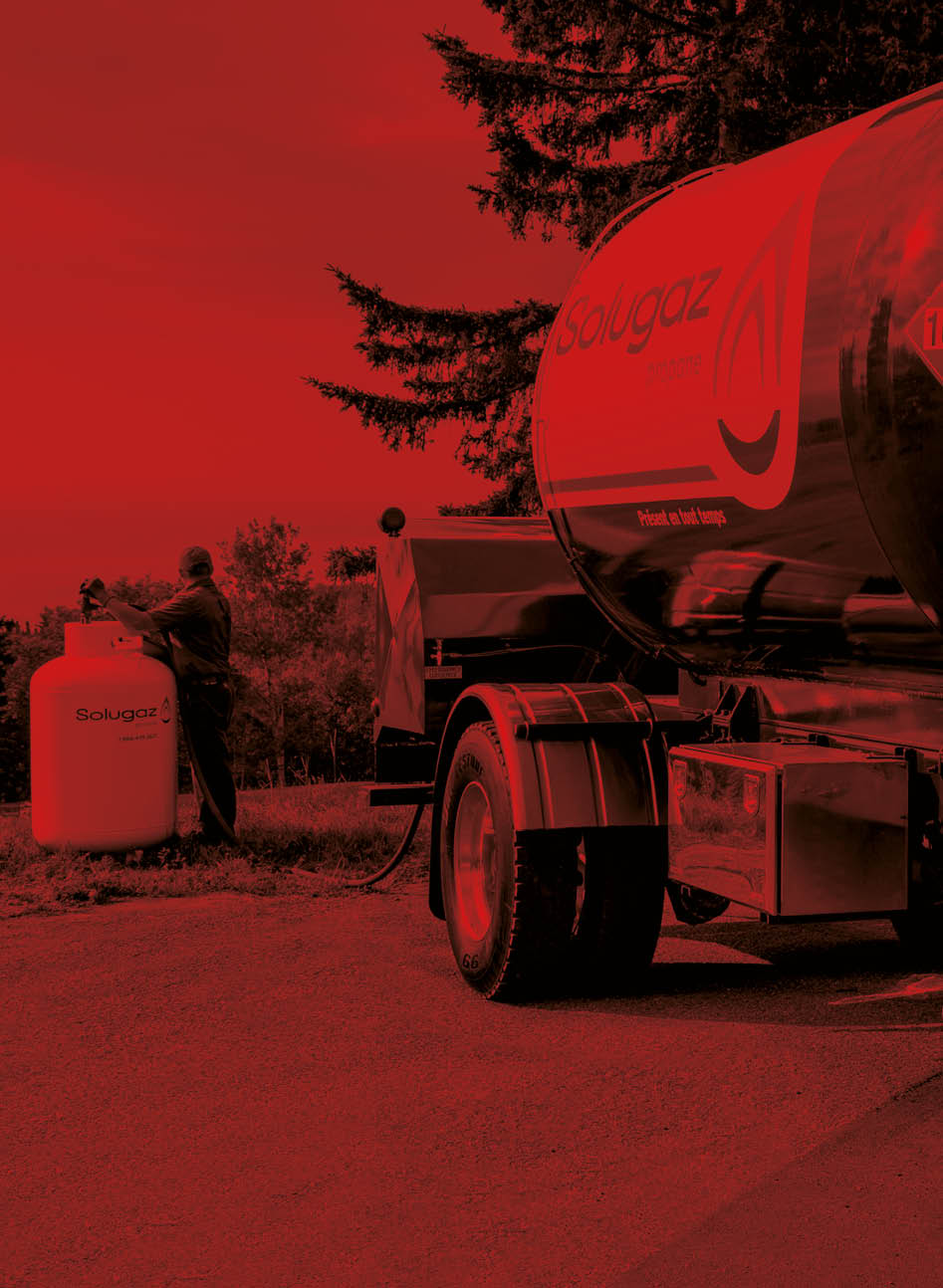
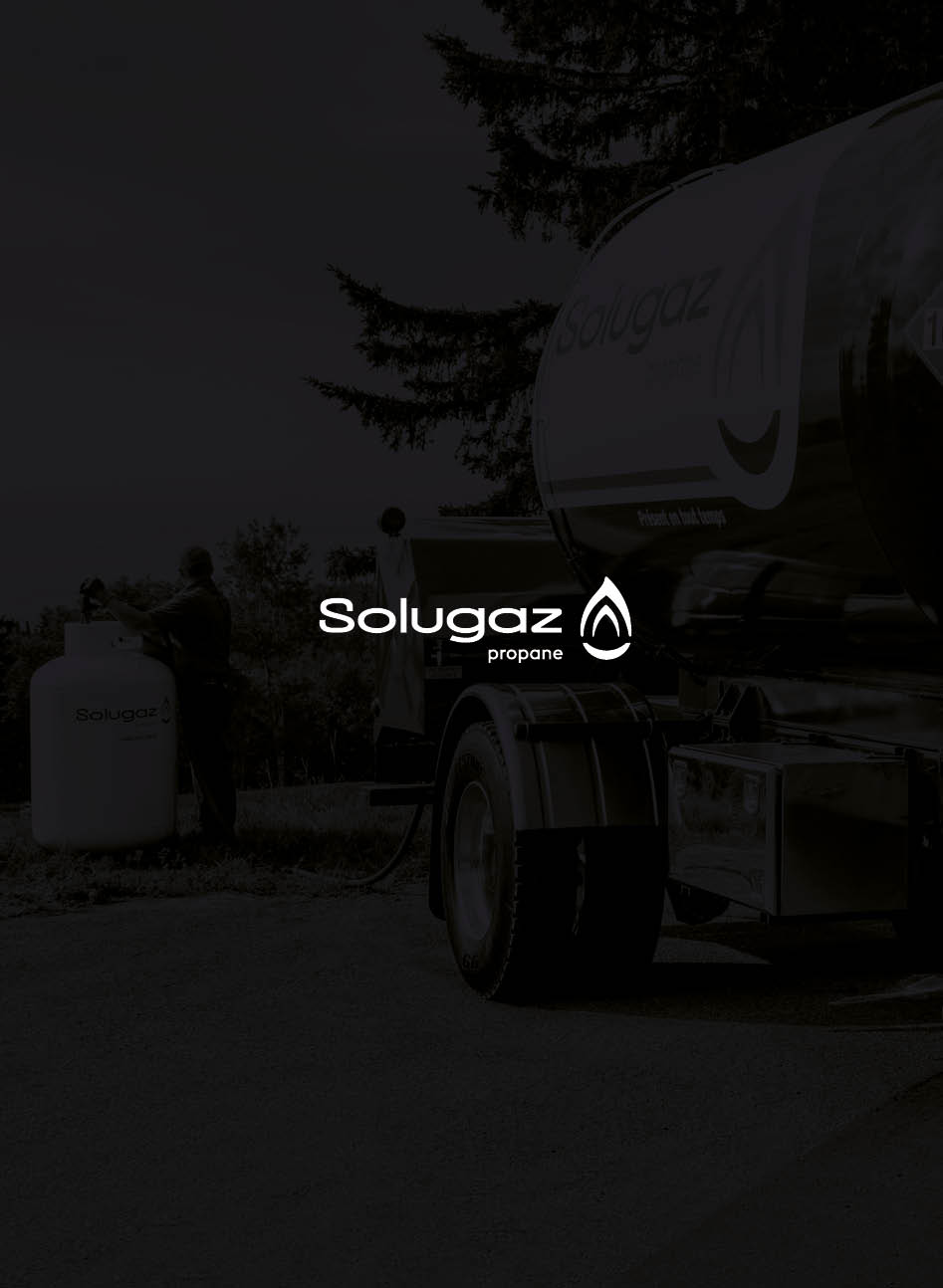
C.A.T.
Transport & Entreposage
Montérégie
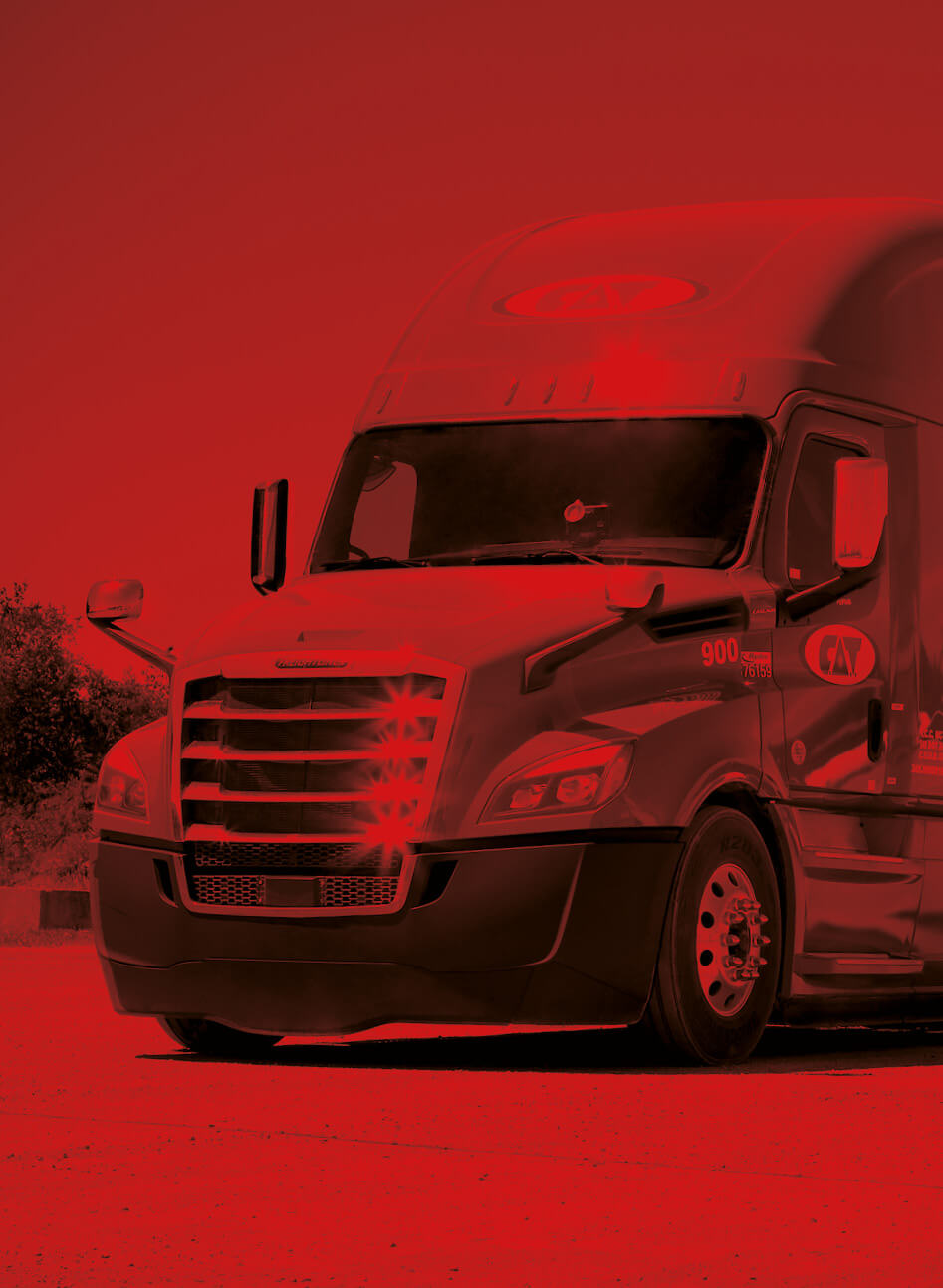
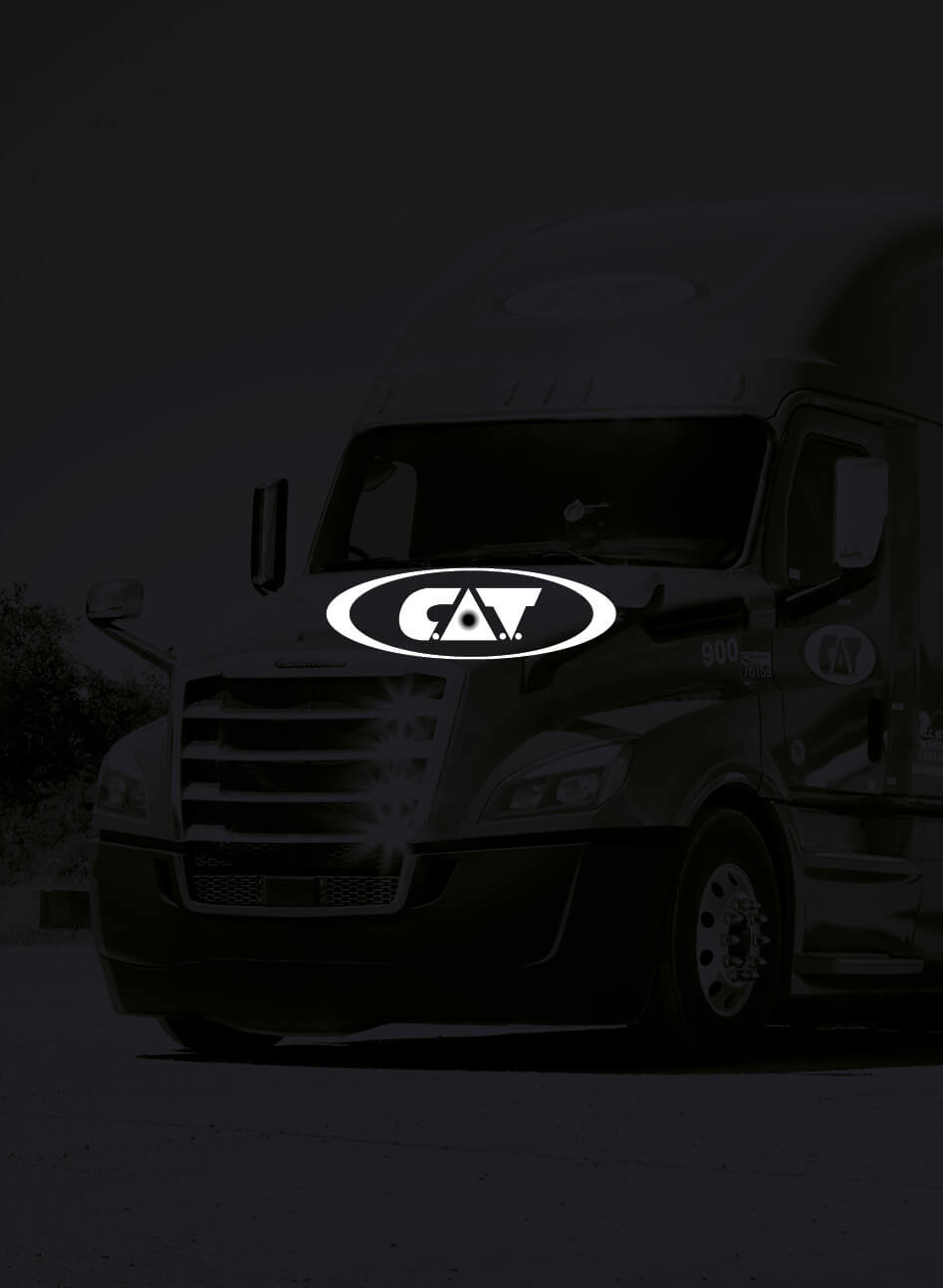
Techno Diesel
Services, Transport & Entreposage
Lanaudière
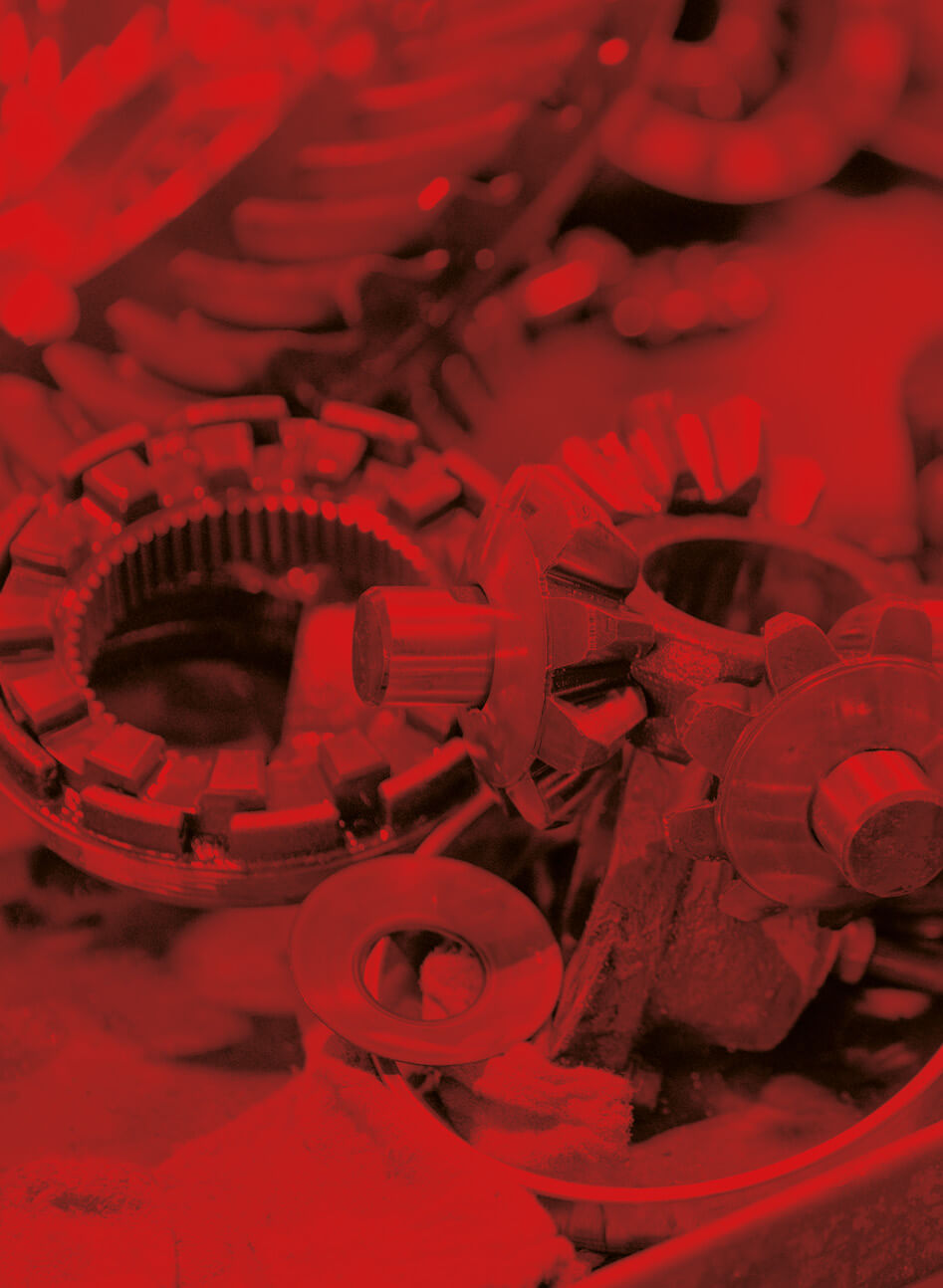
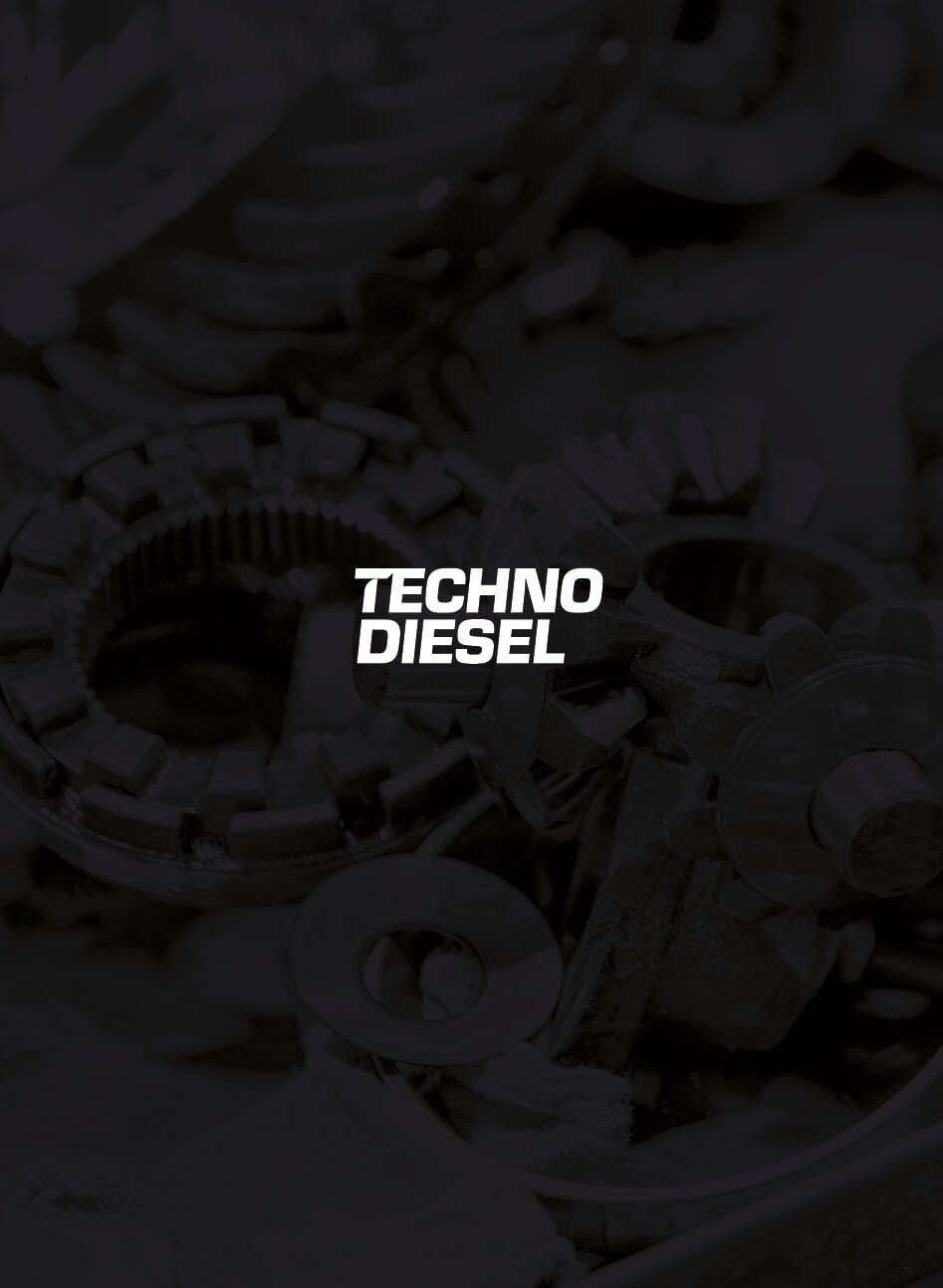
Groupe V
Transport & Entreposage
Laval
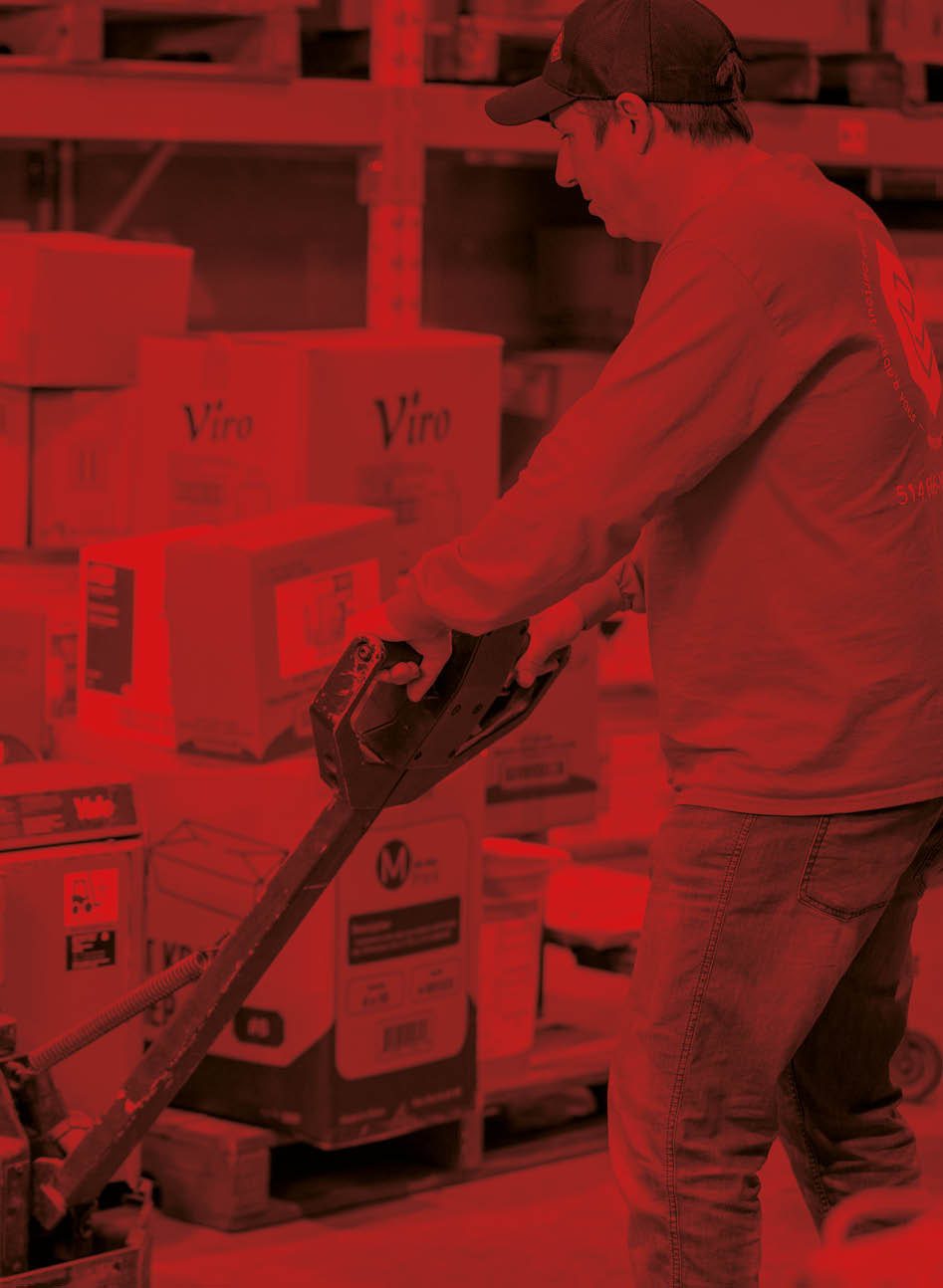
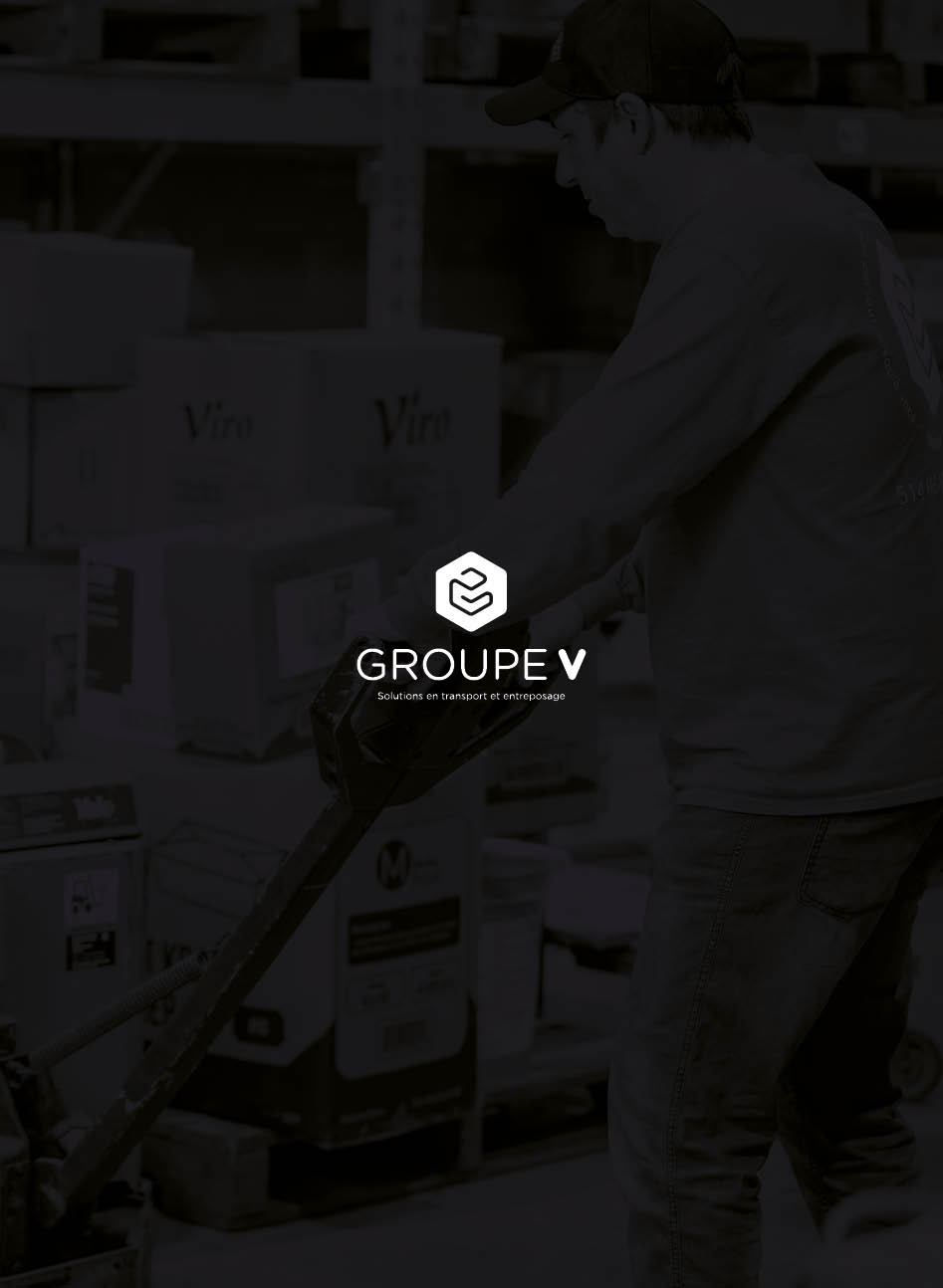
Tecsys
Communication, technologie & Technologie de l'information, Transport & Entreposage
Montréal

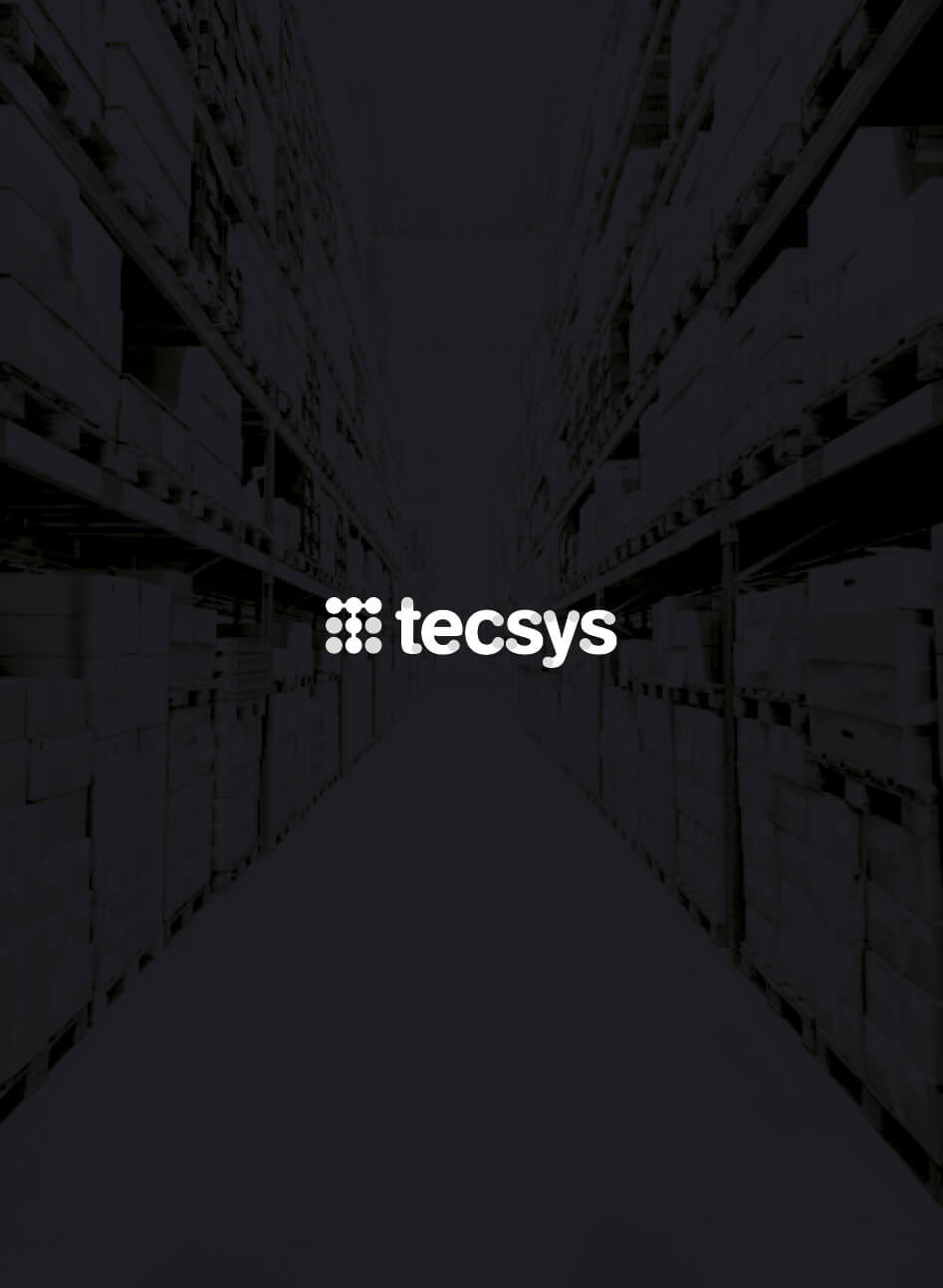
Nationex
Transport & Entreposage
Montérégie
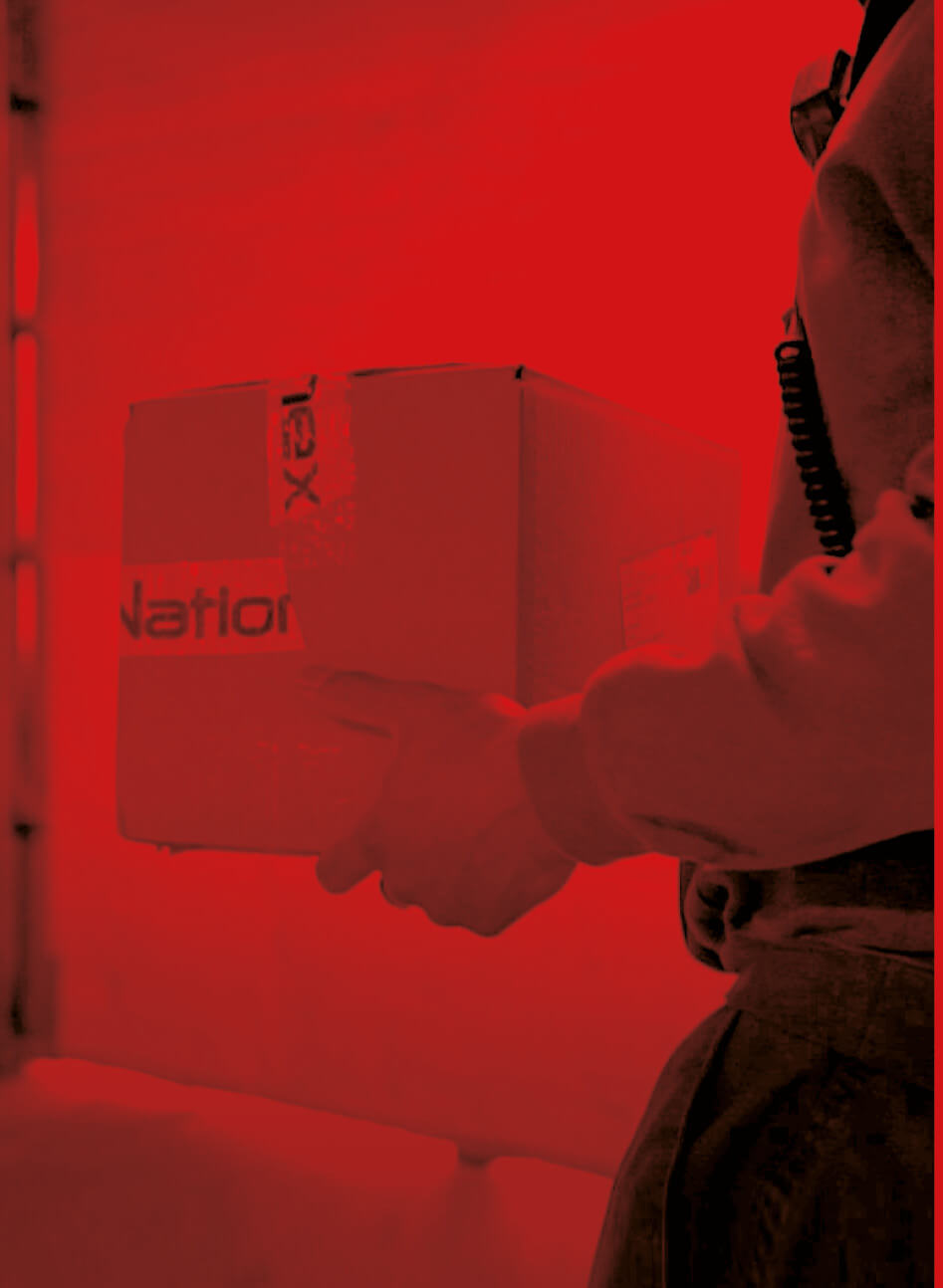
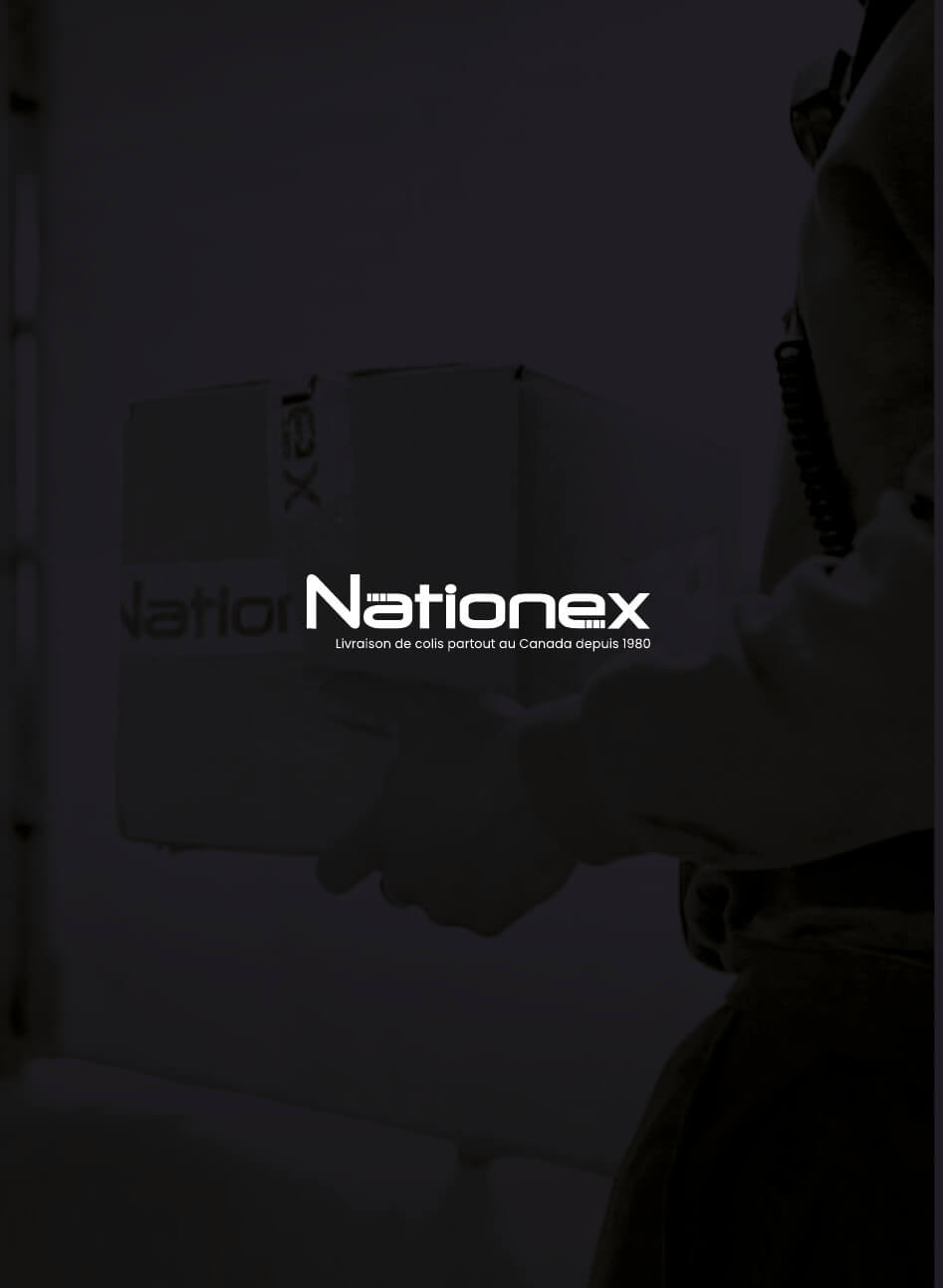
Dolbec International
Transport & Entreposage
Capitale-Nationale
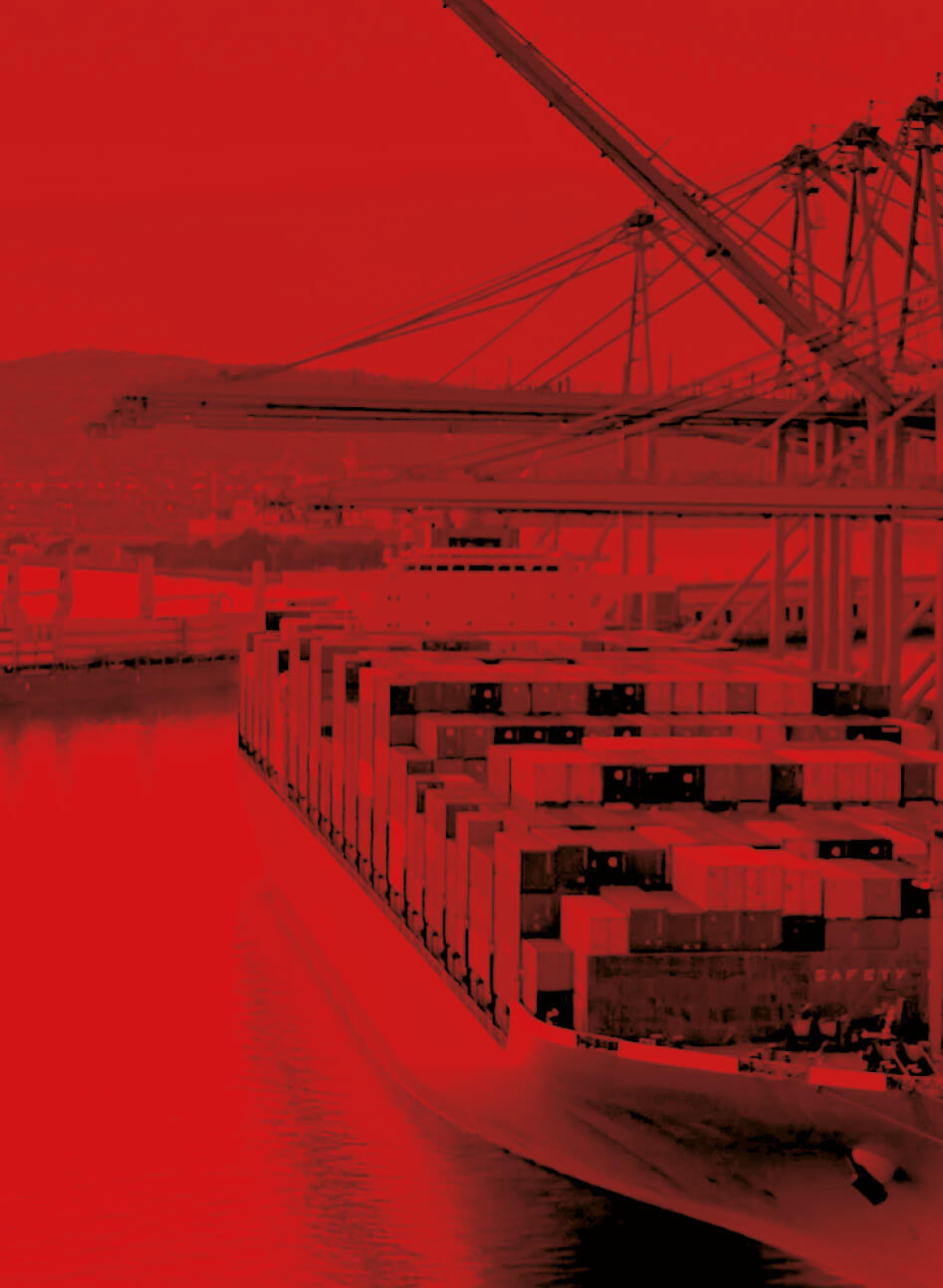
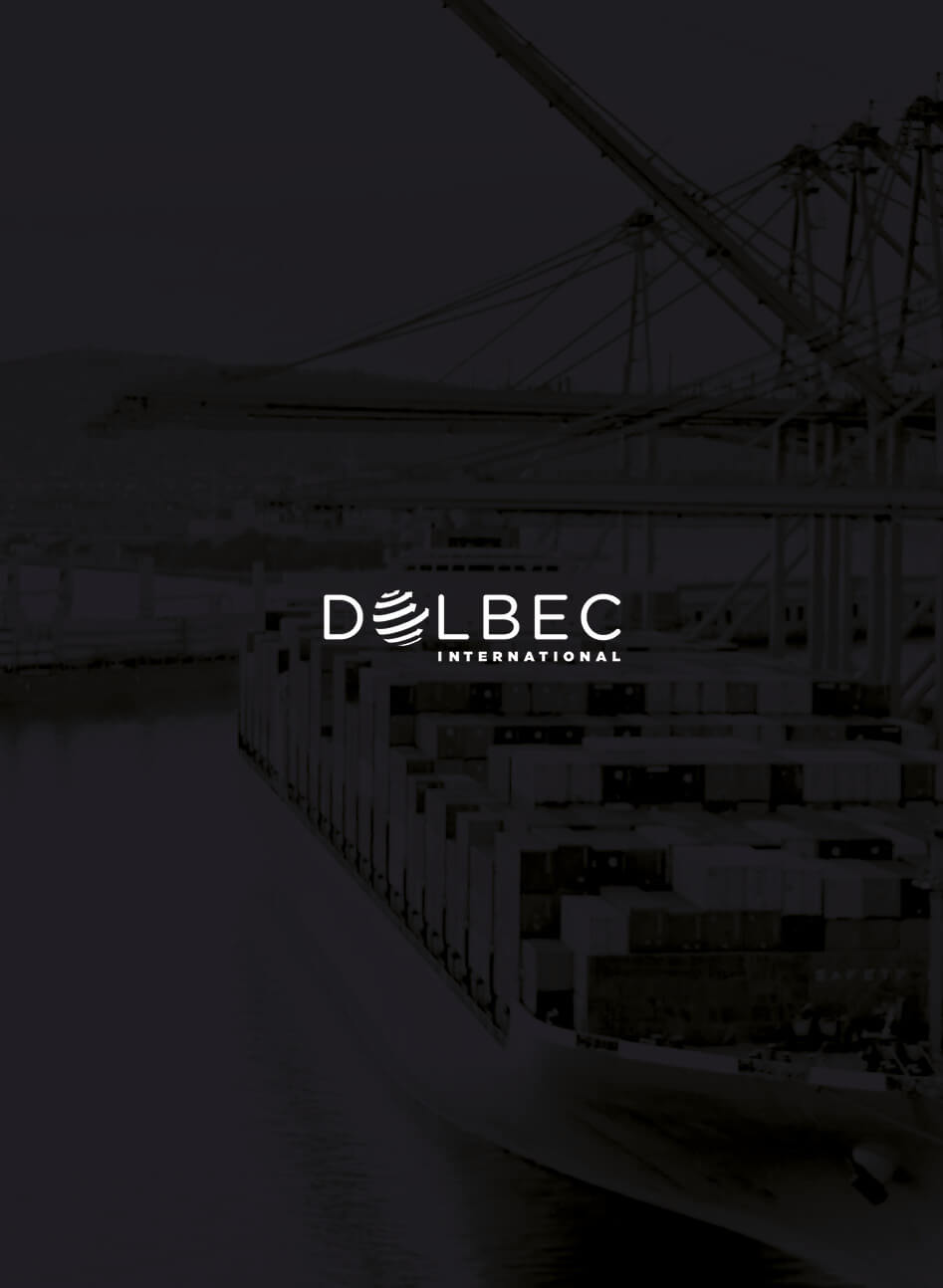
Express Mondor
Transport & Entreposage
Lanaudière
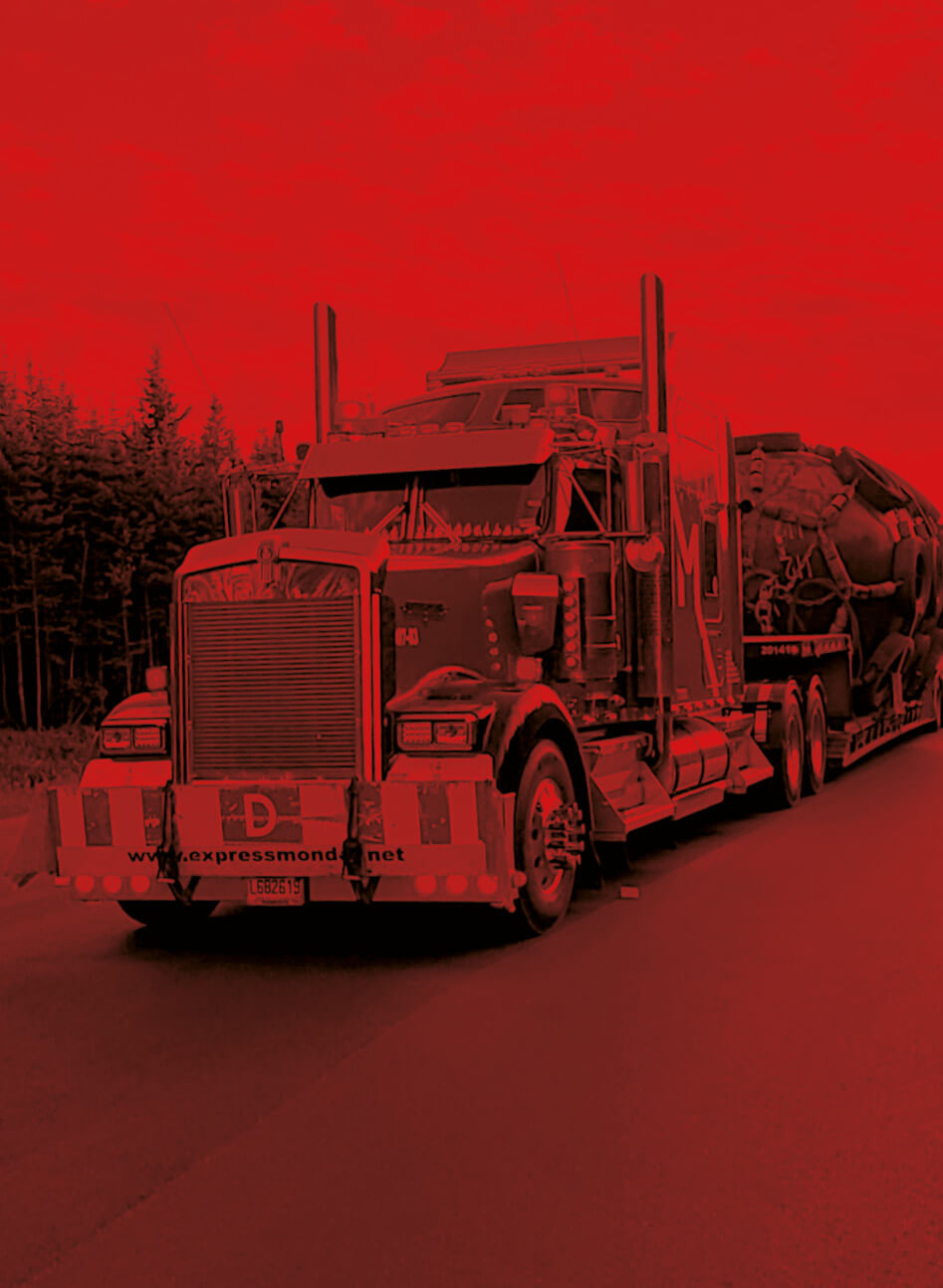
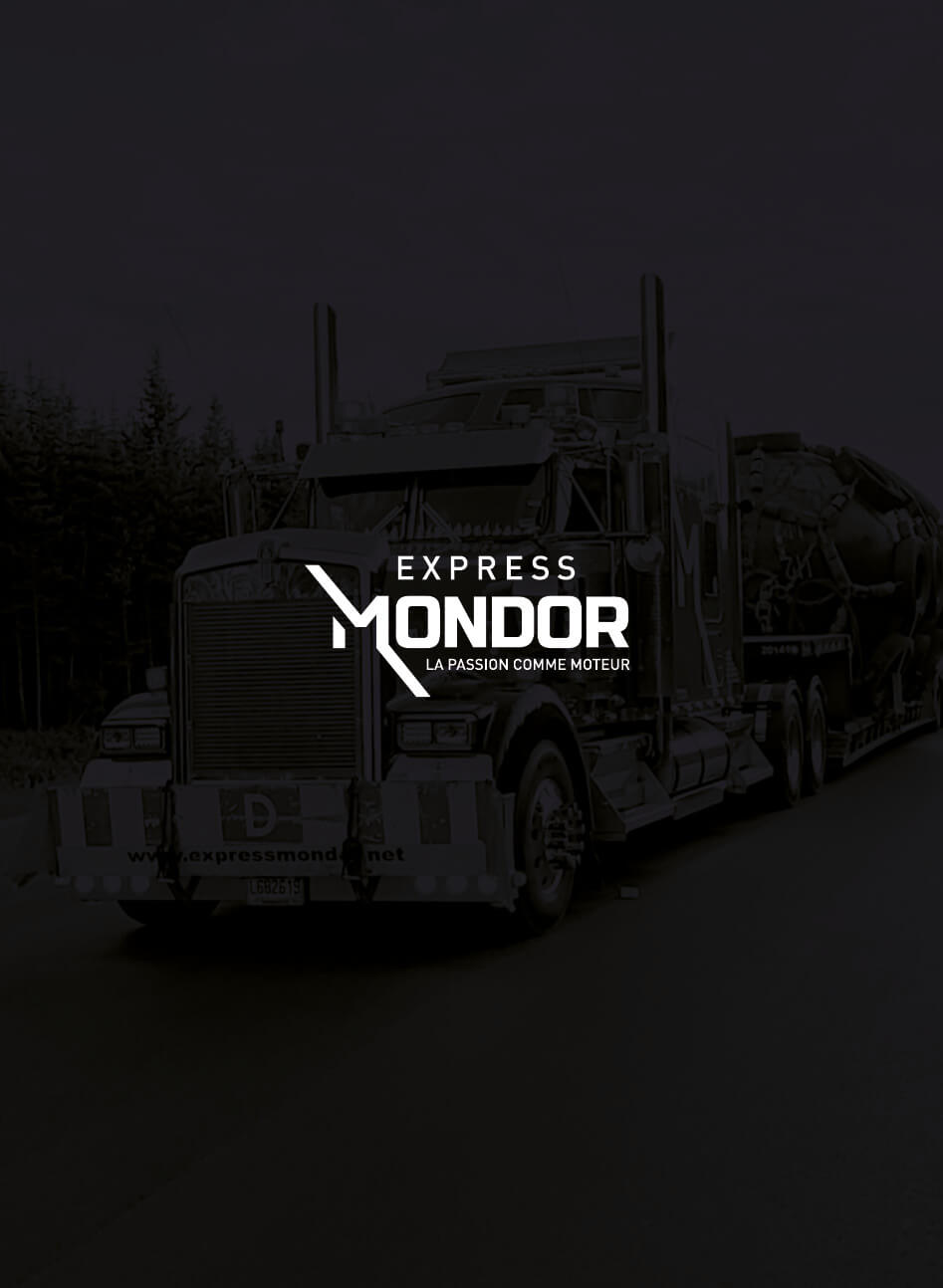
Équipement St-Germain
Construction, Transport & Entreposage
Capitale-Nationale, Montérégie
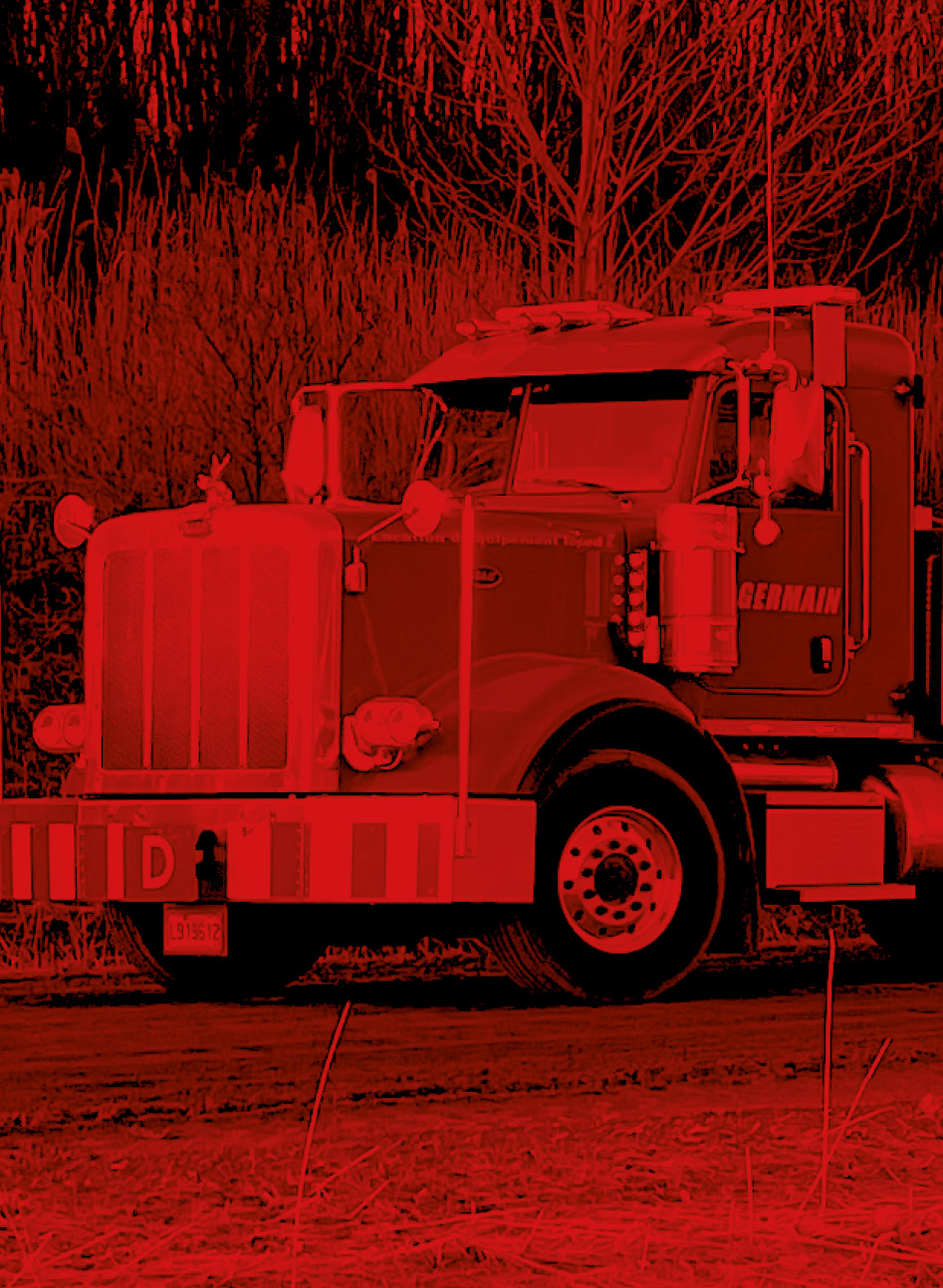
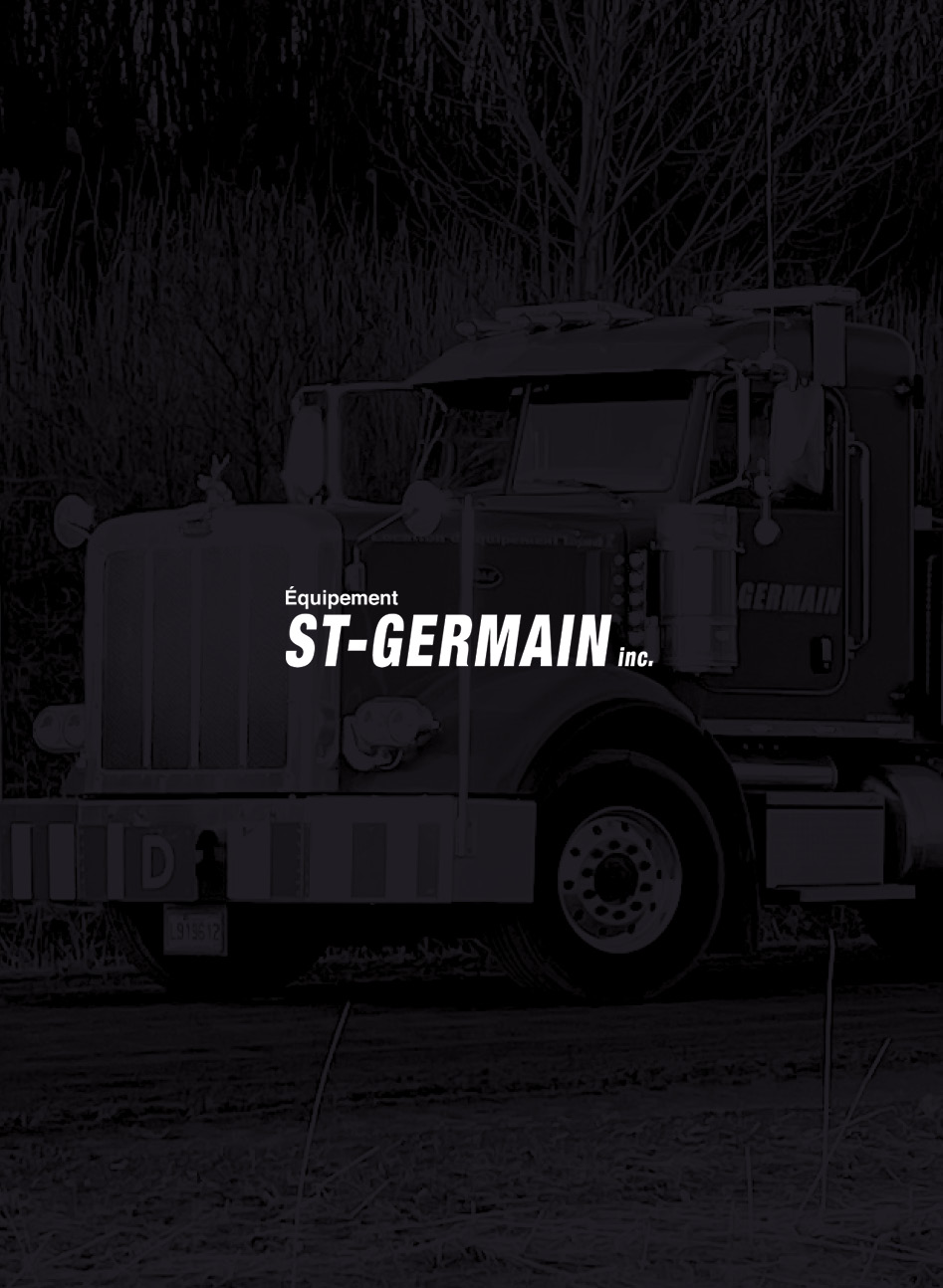
Read also
in the same
region
Montérégie
Groupe Cambli – English
Fabrication
Montérégie
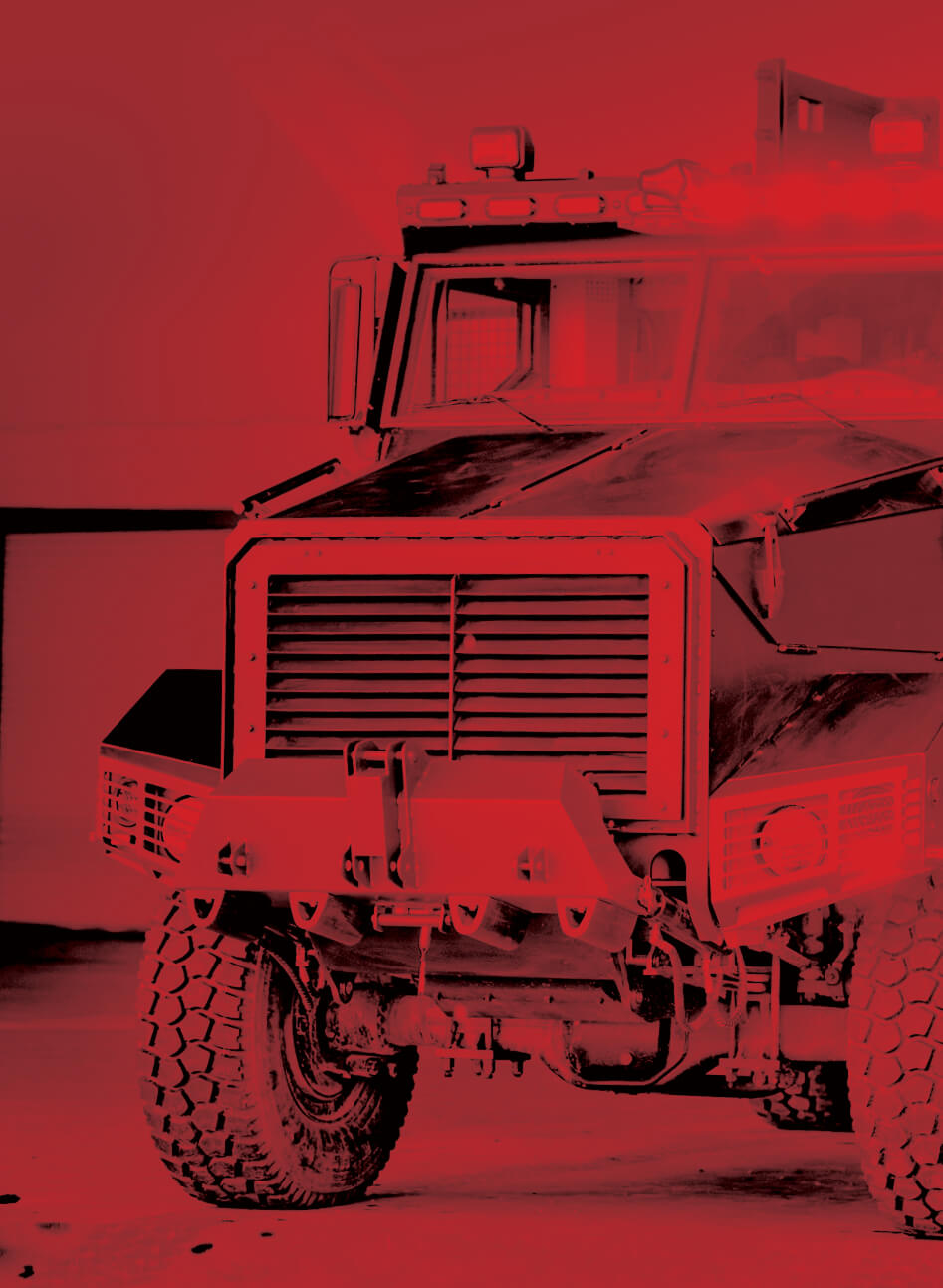
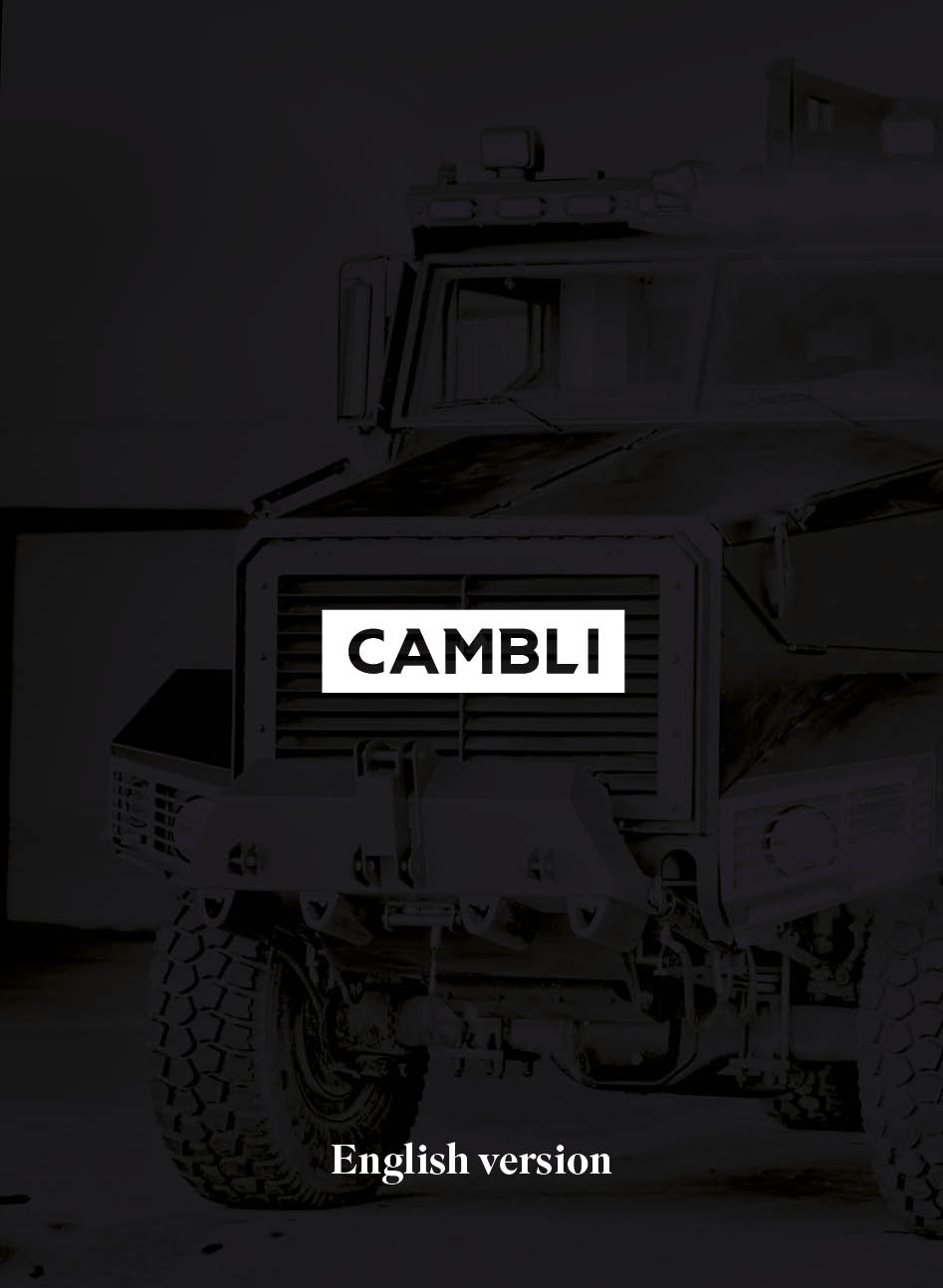
Trilogie
Communication, technologie & Technologie de l'information
Montérégie


Tremcar – English
Fabrication
Montérégie
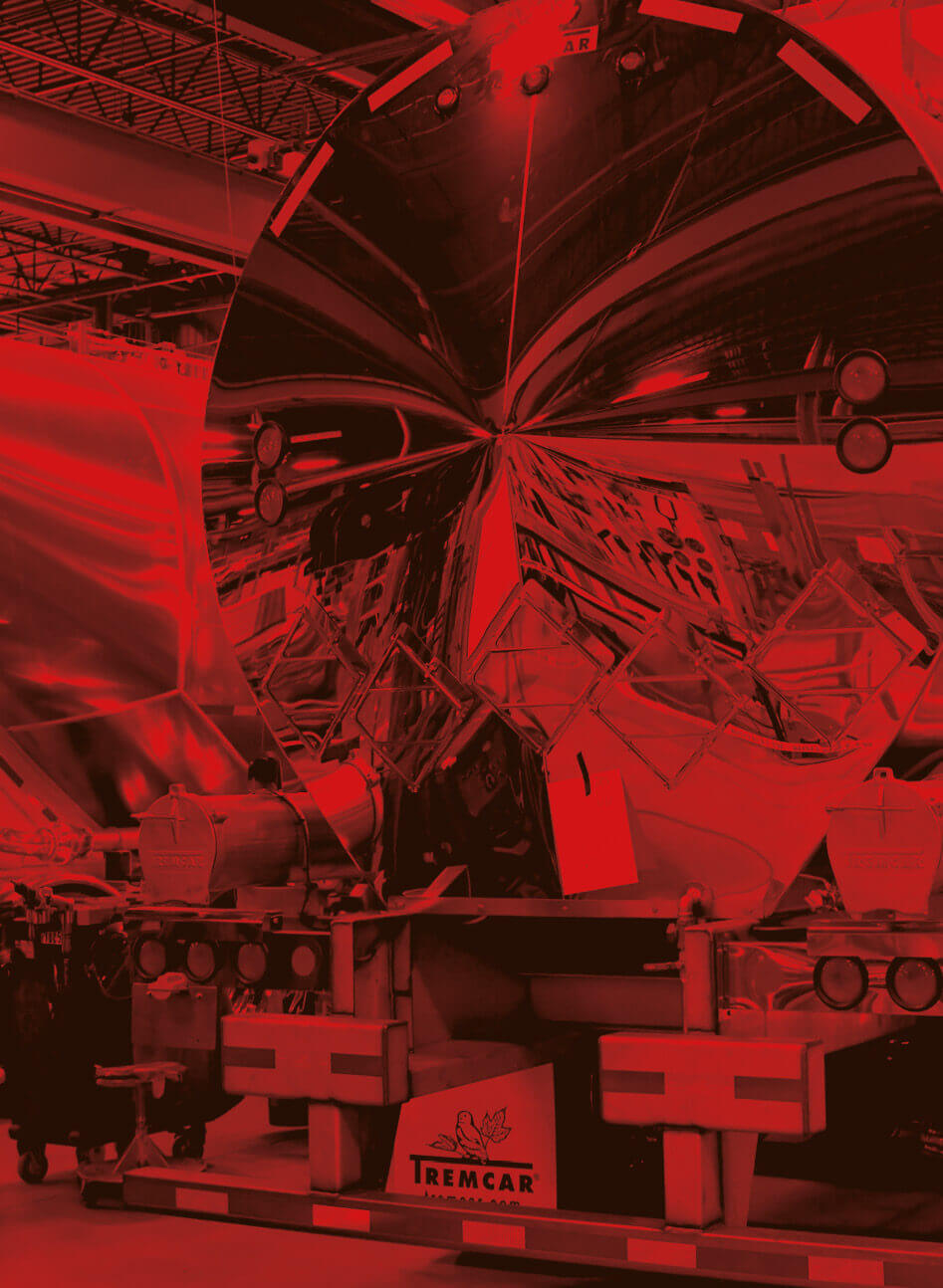
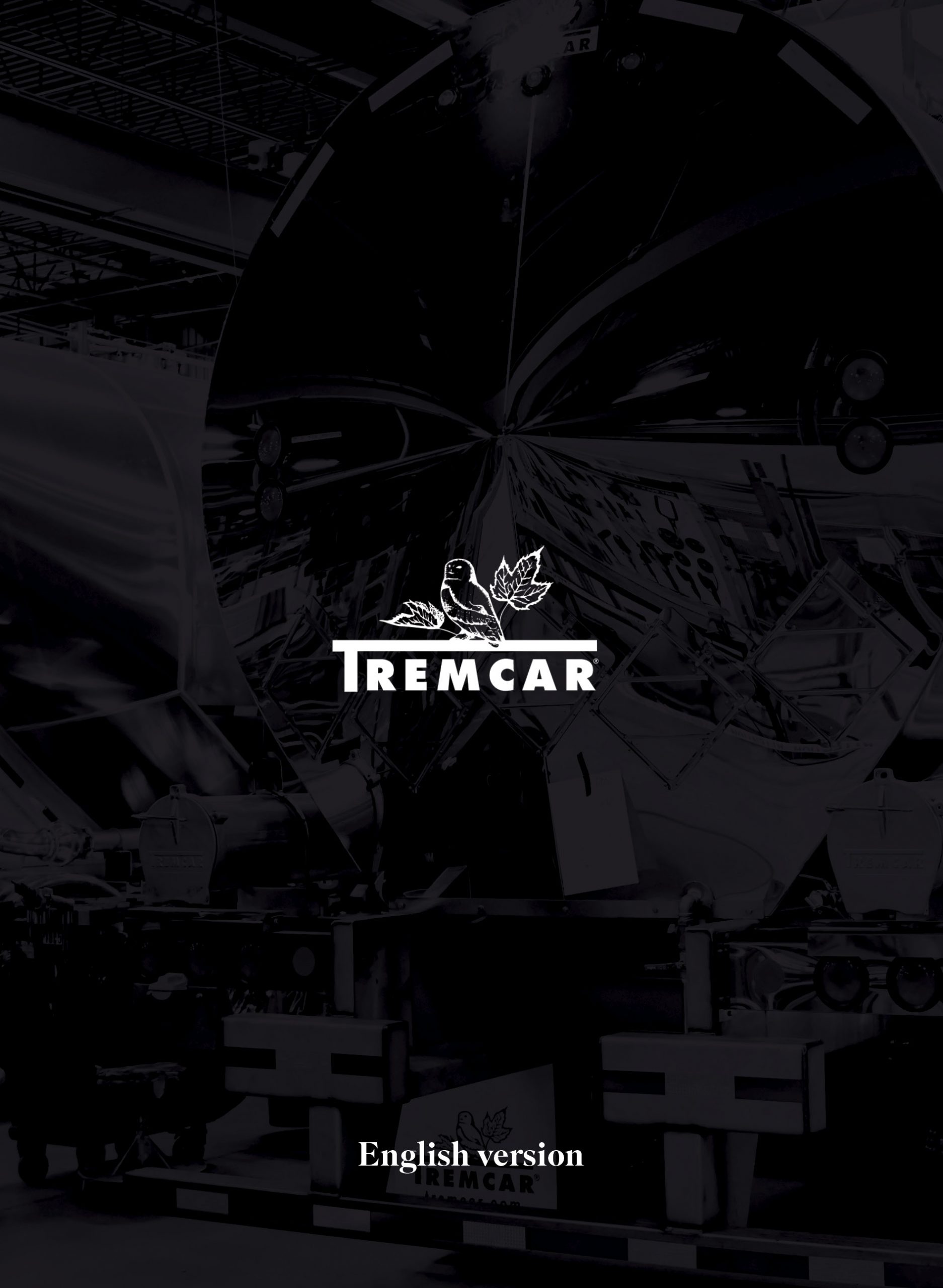
EcoloPharm – English
Fabrication
Montérégie


CEL aerospace – English
Services
Montérégie
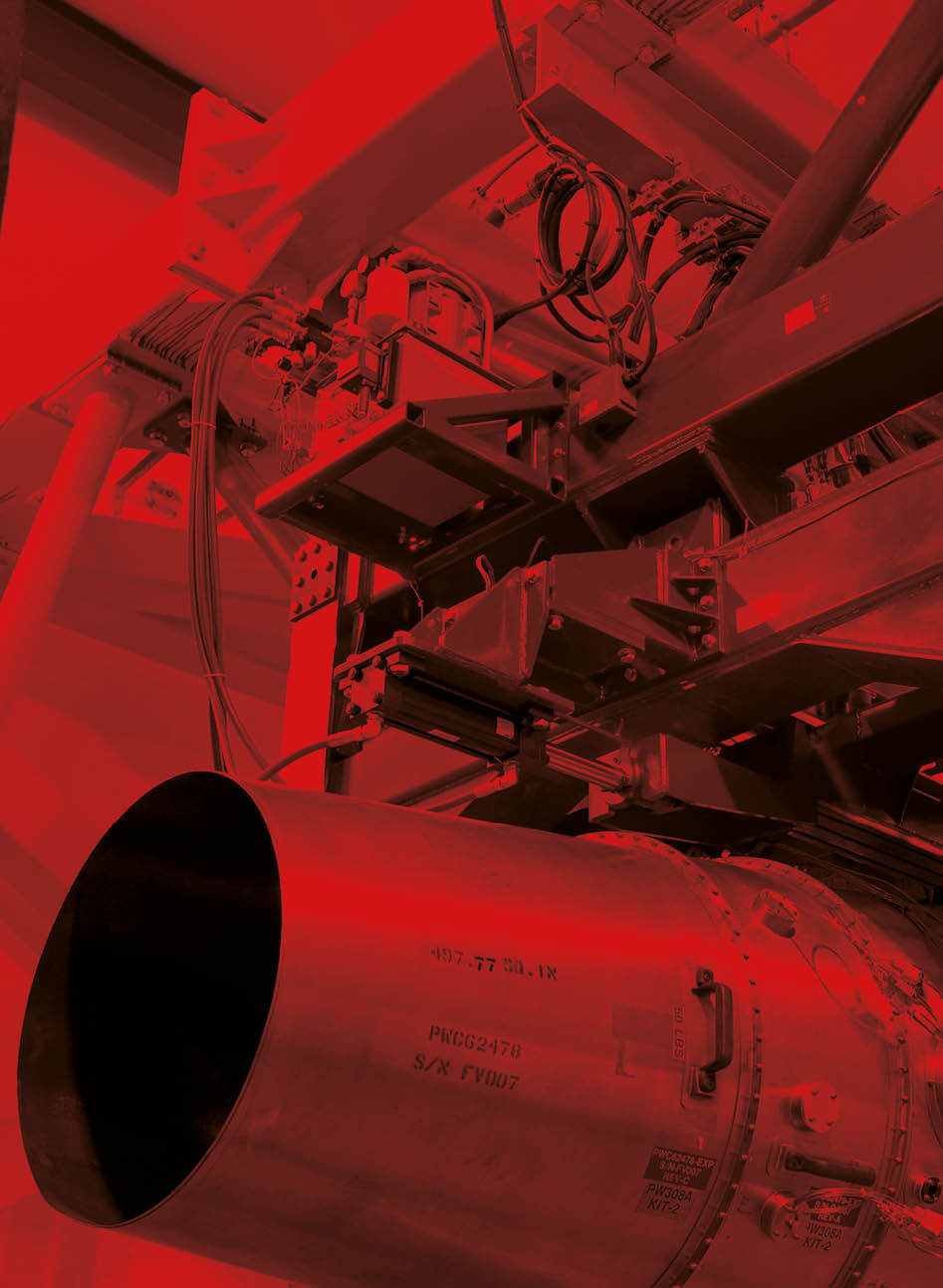
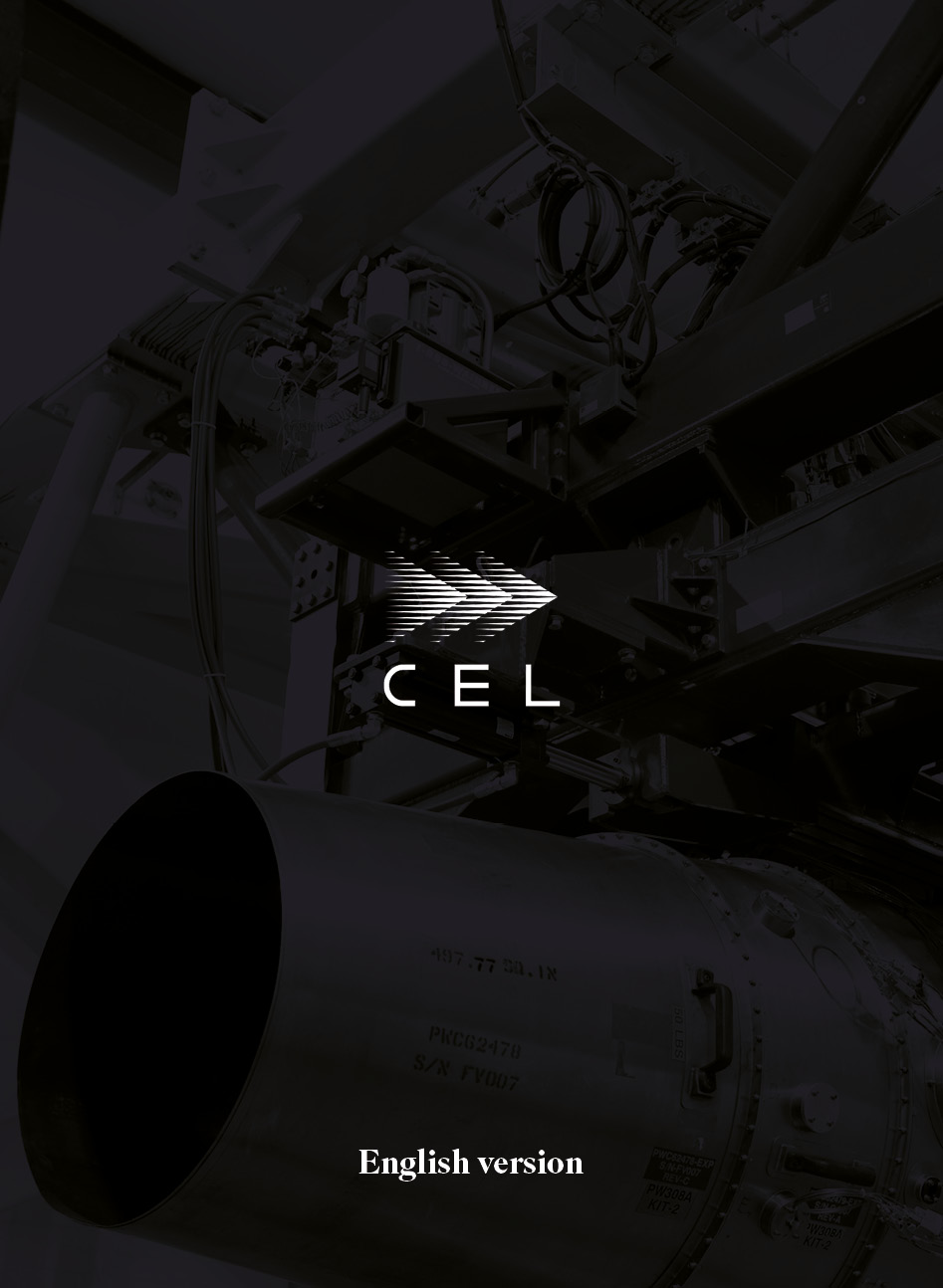
the story of Innergex
Matières premières
Montérégie

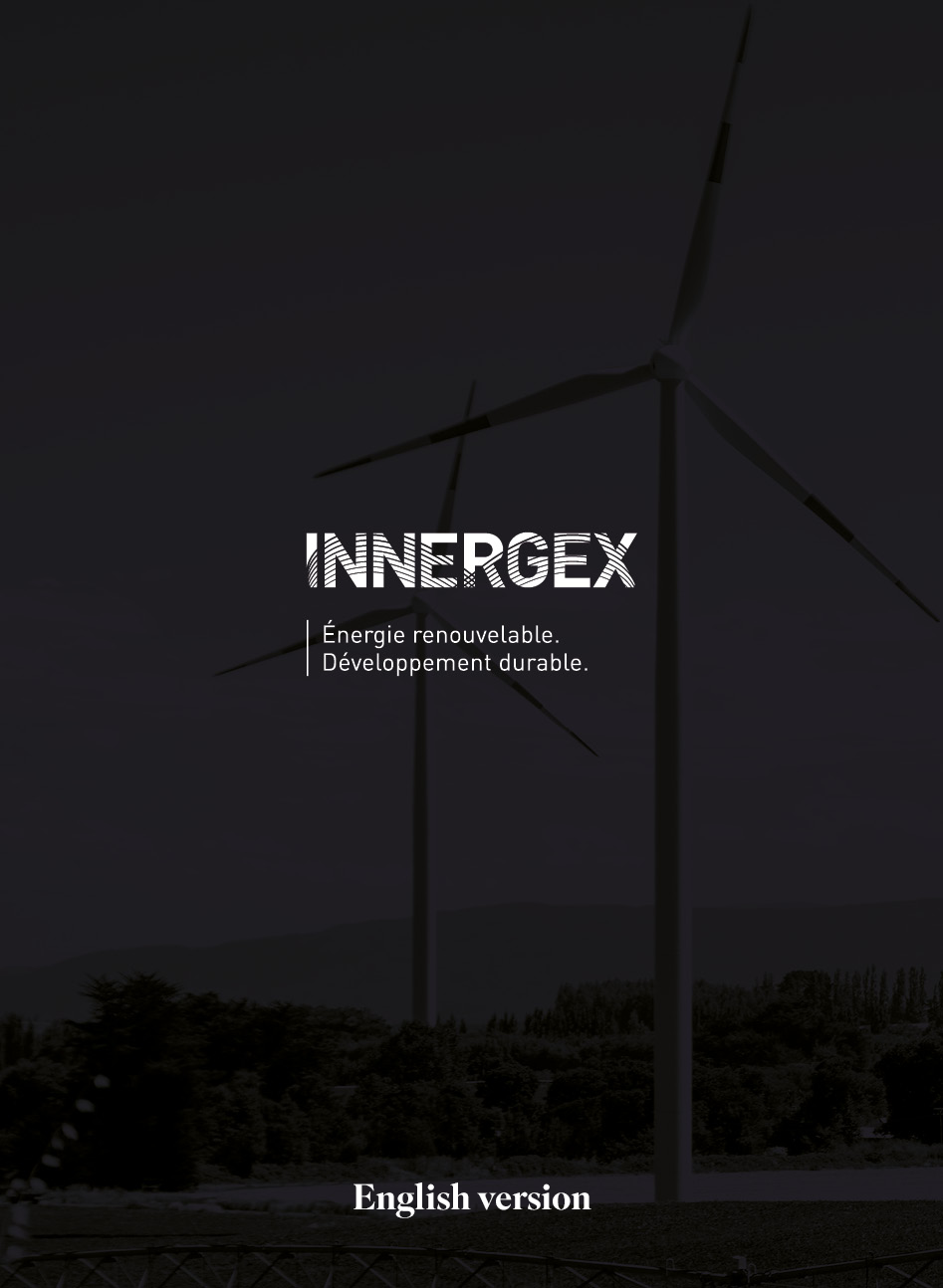
GBI
Ingénierie
Capitale-Nationale, Lanaudière, Laurentides, Montérégie, Montréal
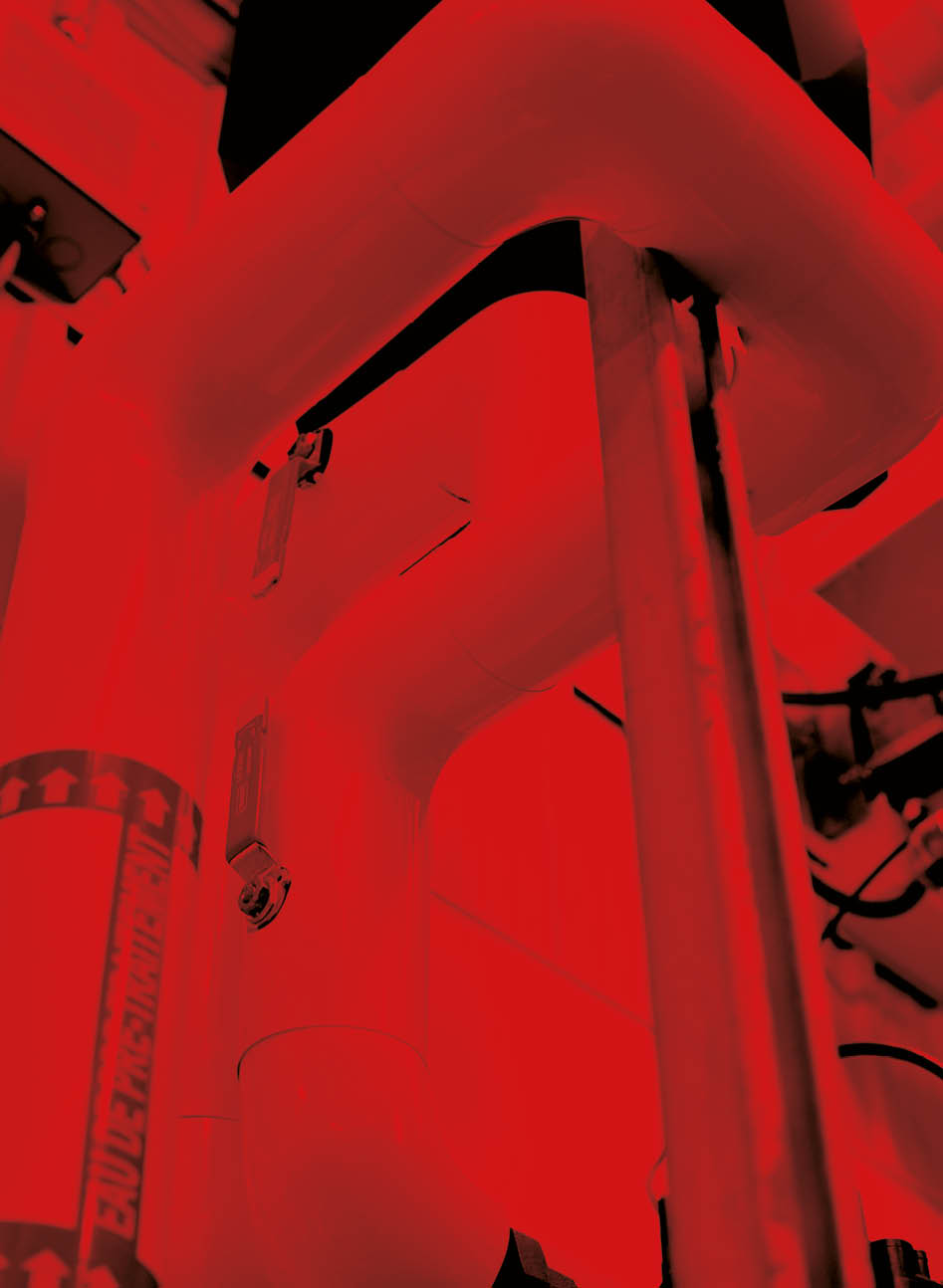

Elecso
Construction
Montérégie
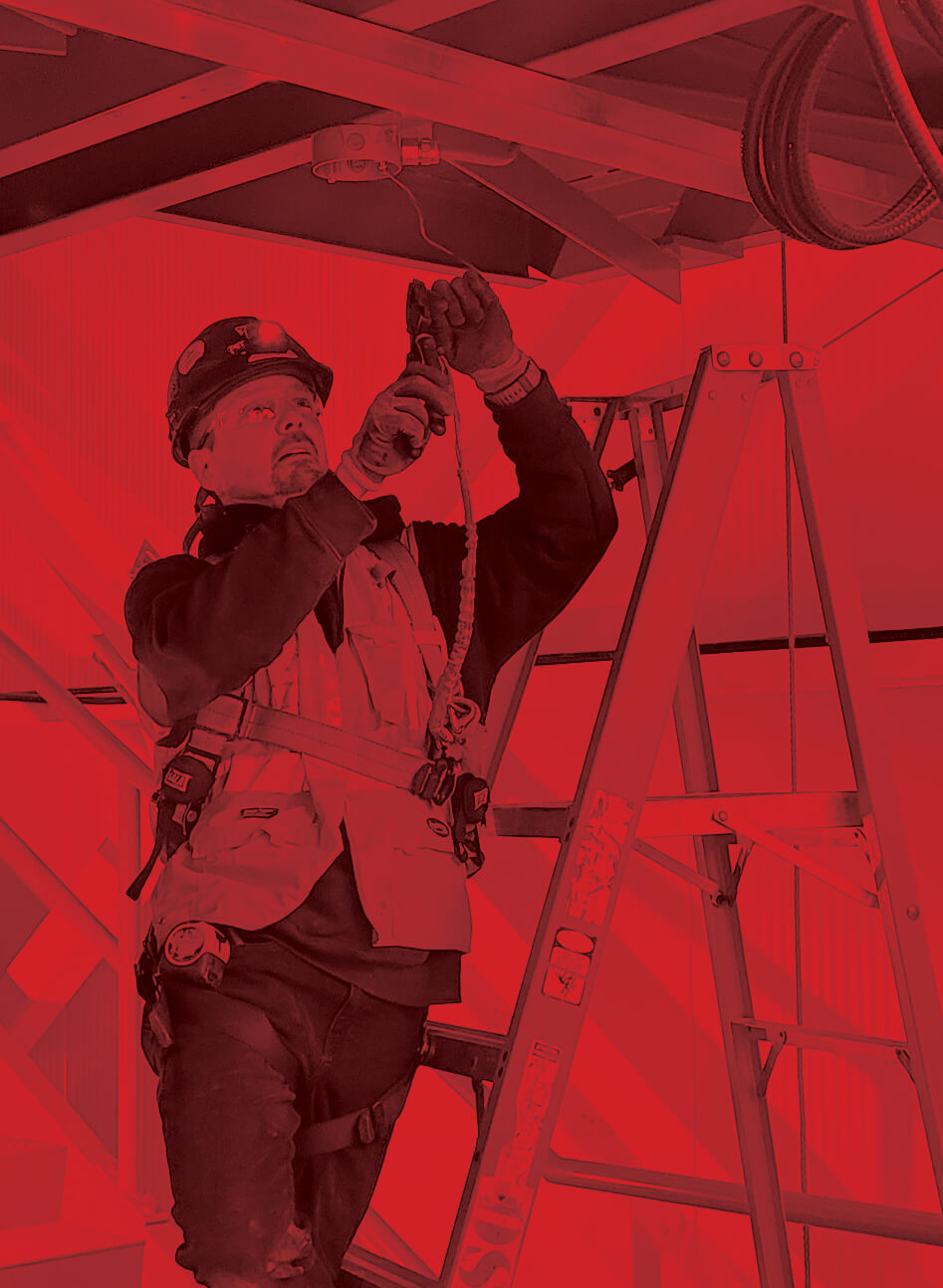
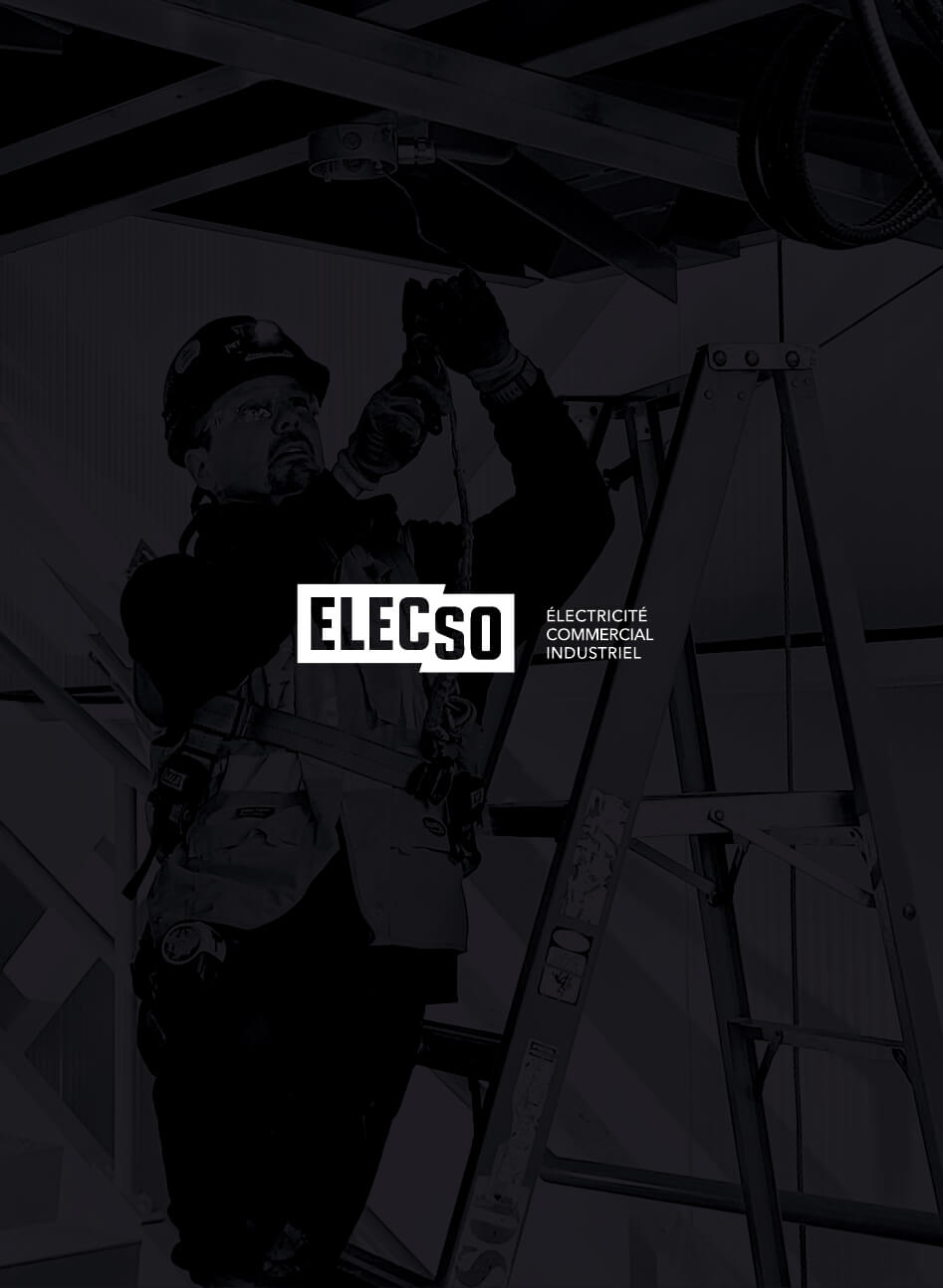
Construction & Expertise PG
Construction
Montérégie
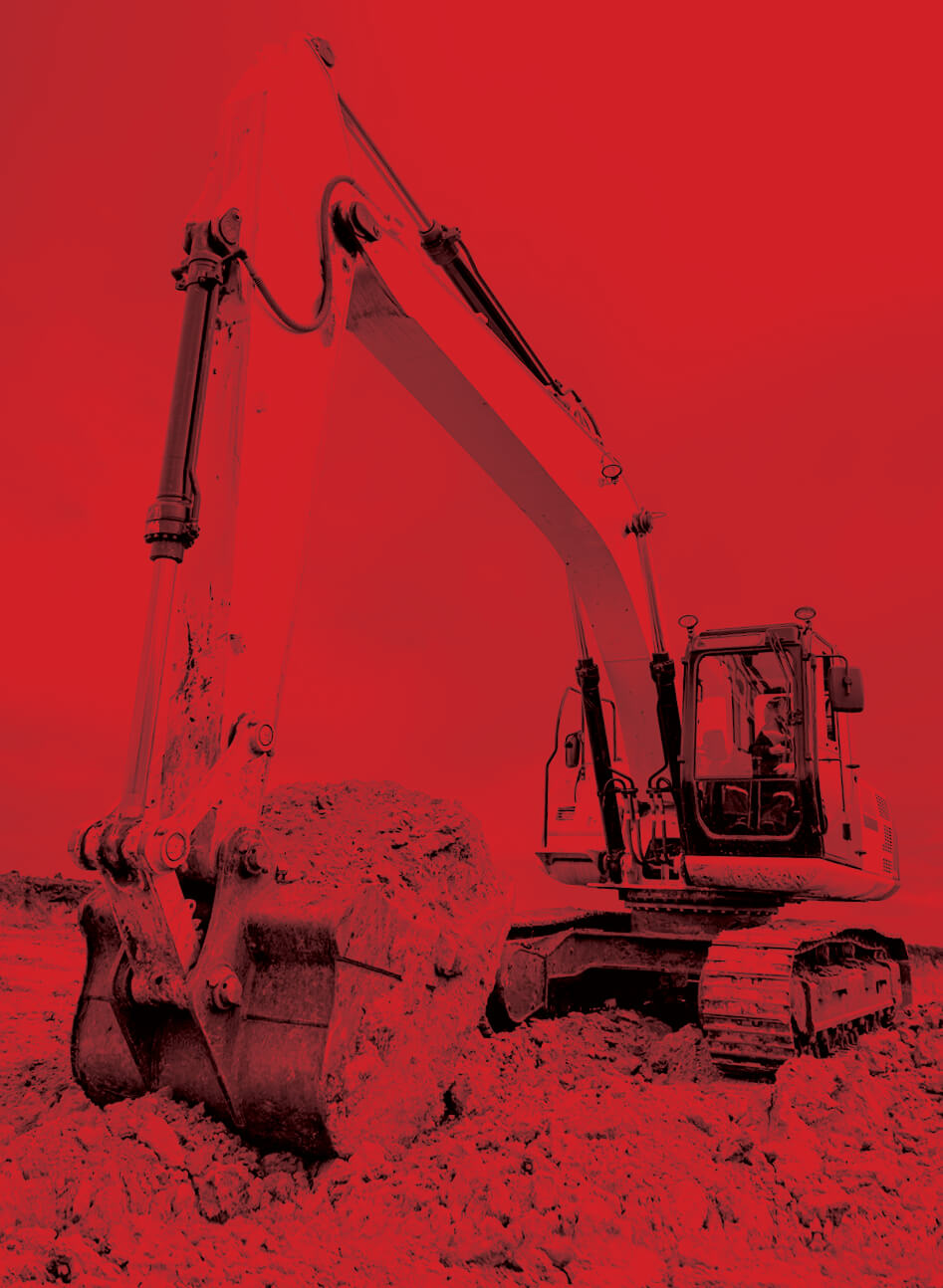

Groupe Cambli
Fabrication
Montérégie

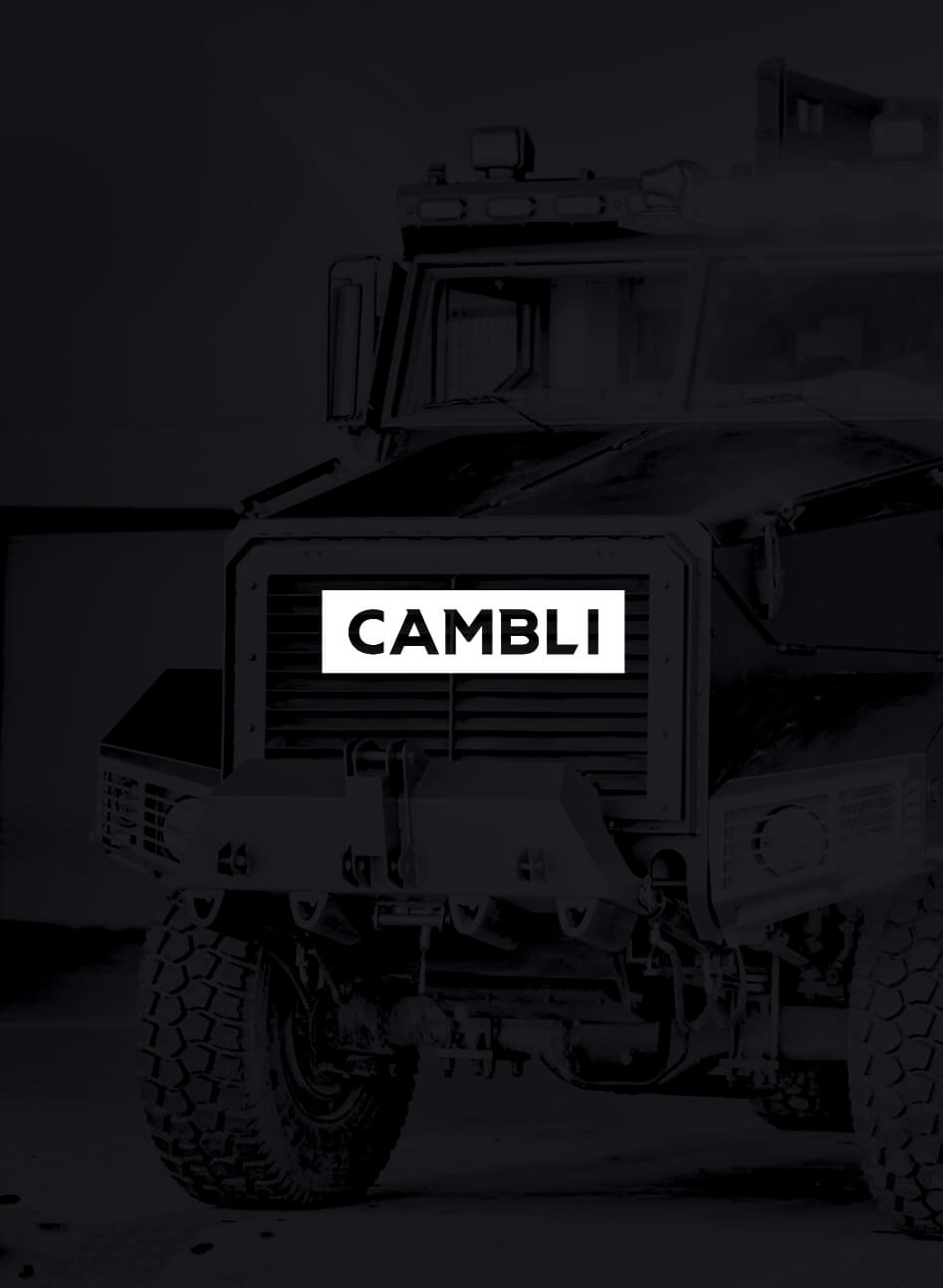
Infrastructel
Ingénierie
Montérégie
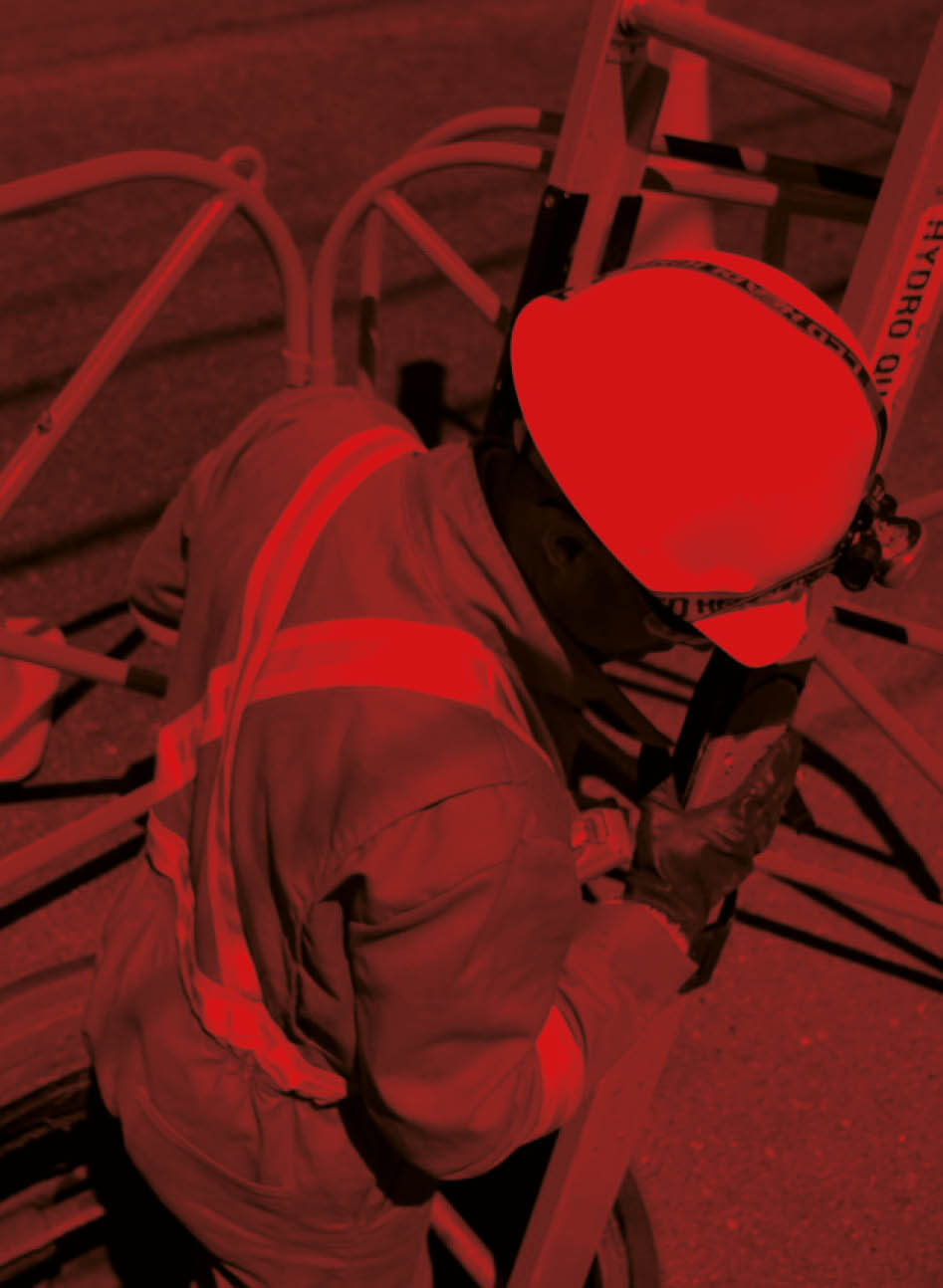

C.A.T.
Transport & Entreposage
Montérégie


Innergex
Matières premières
Montérégie

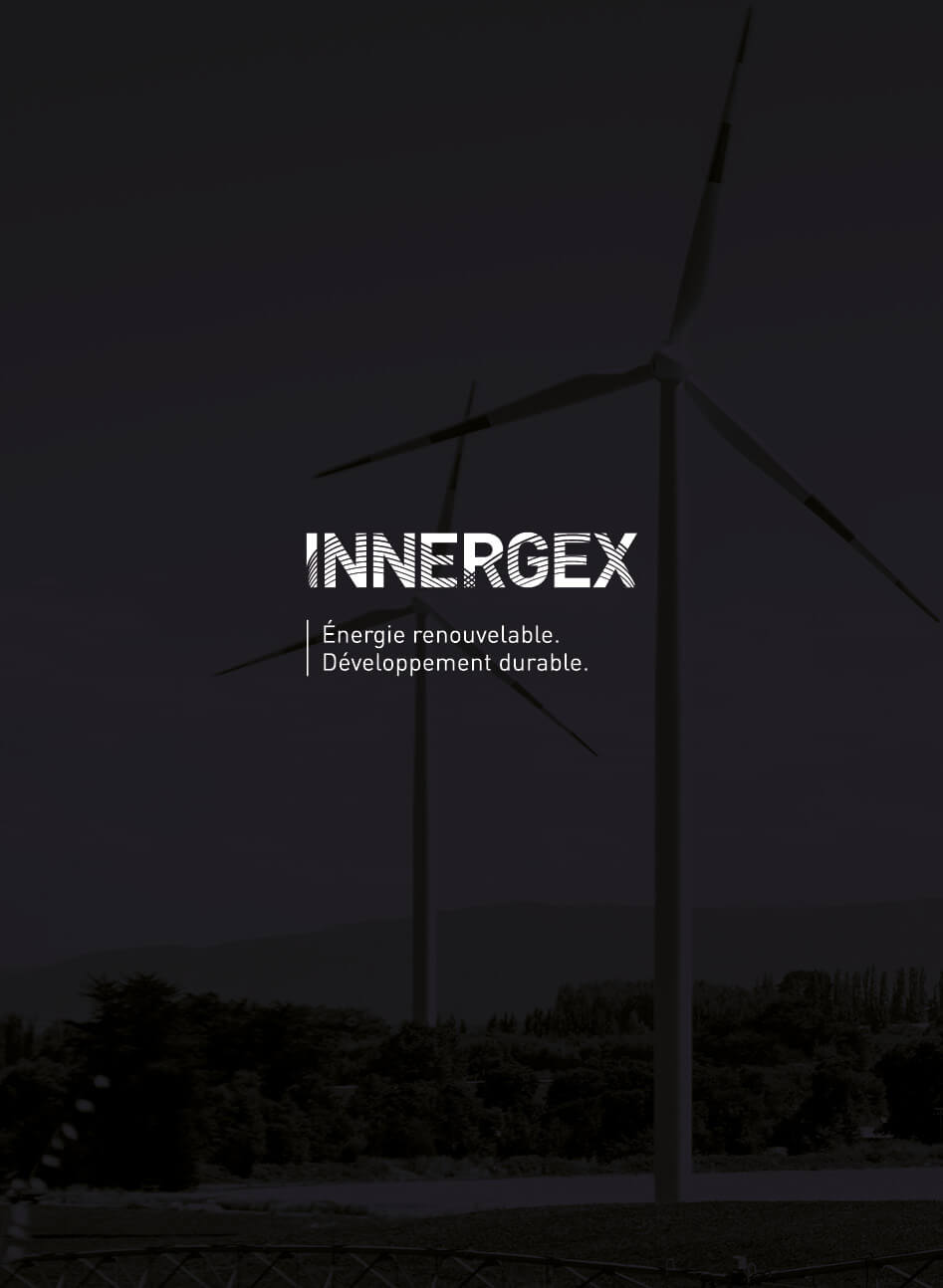
Camions Dubois
Commerce de gros et détail
Montérégie
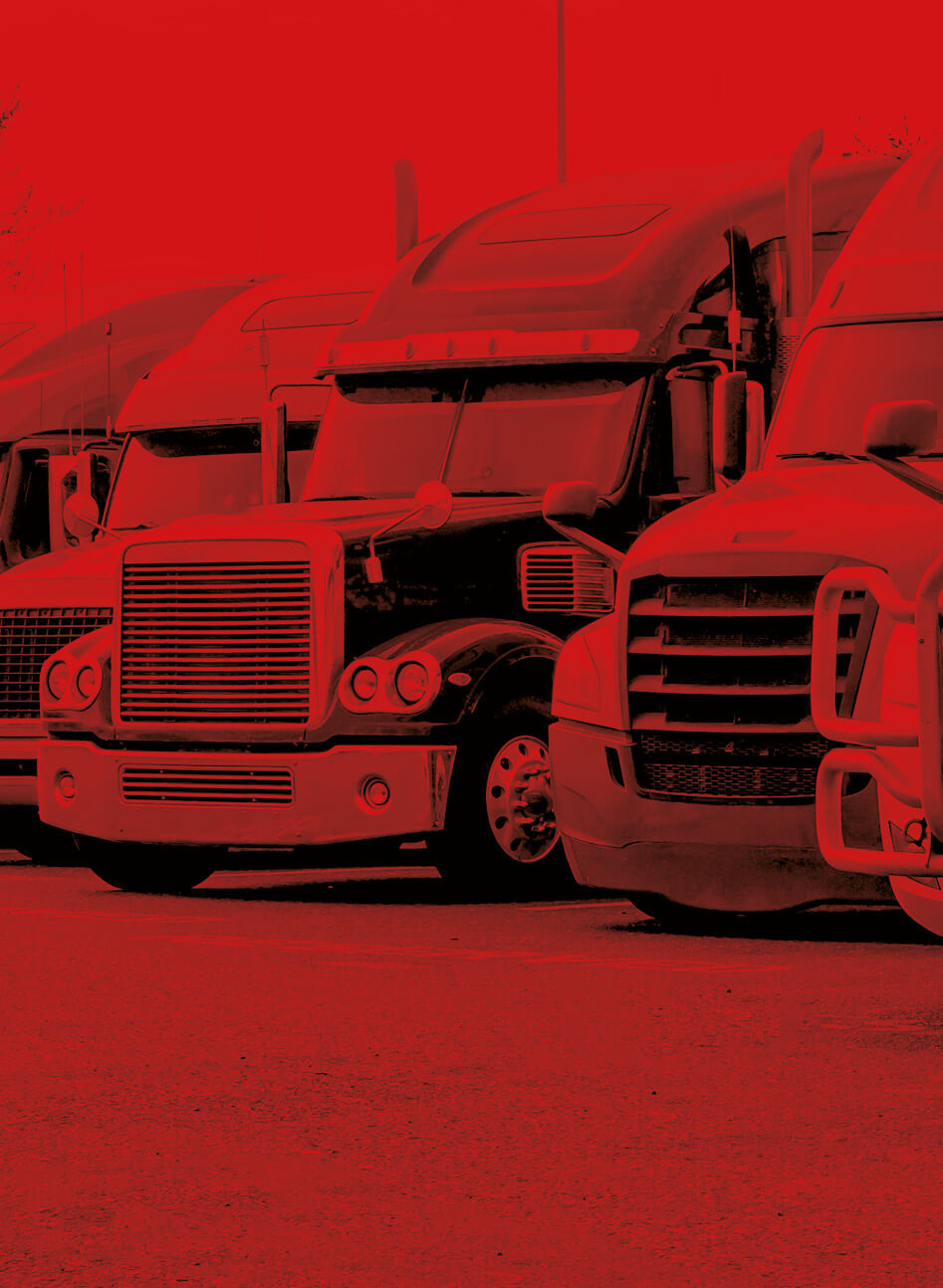
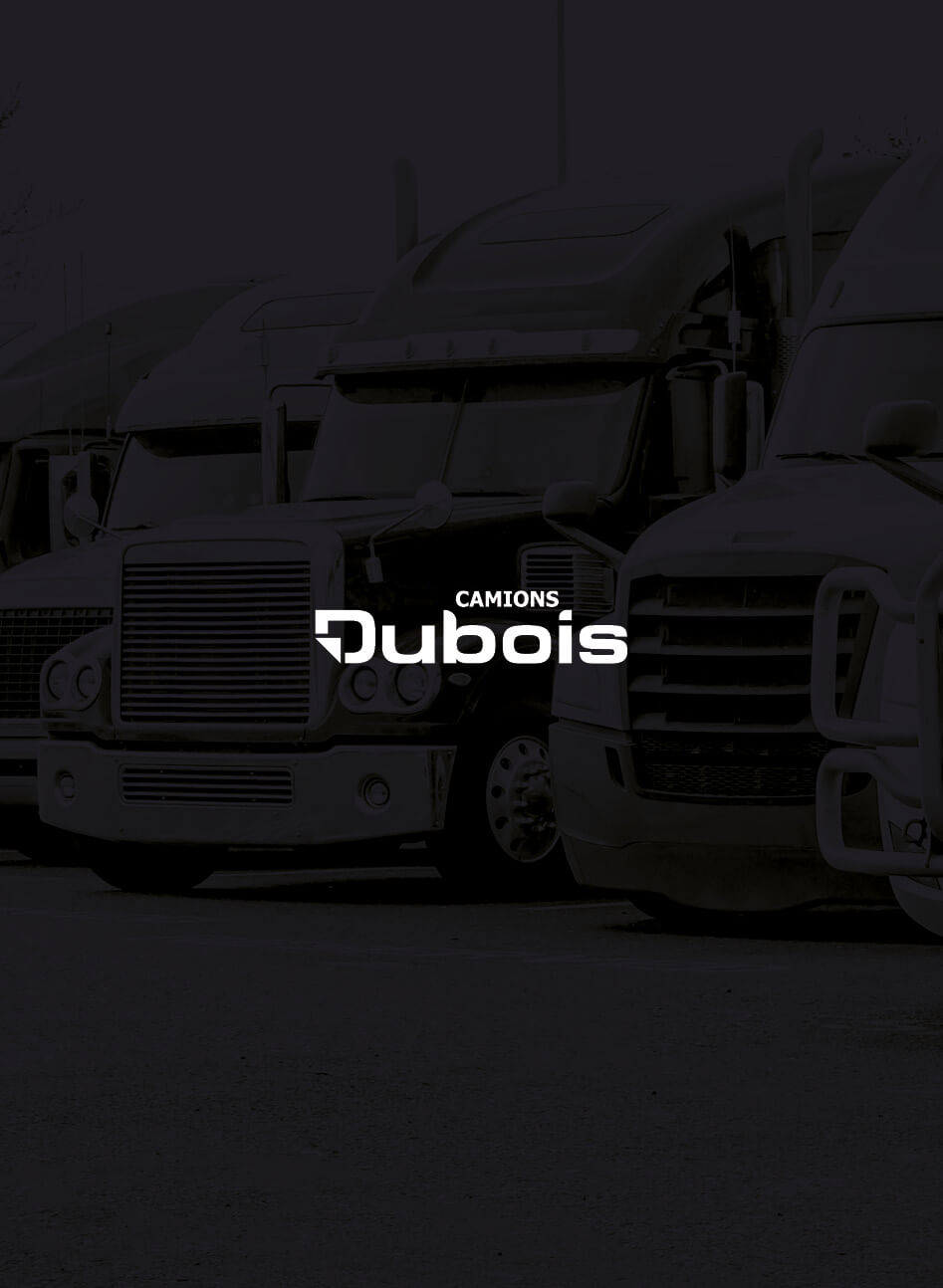
GROUPE CANVA
Services
Montérégie, Montréal
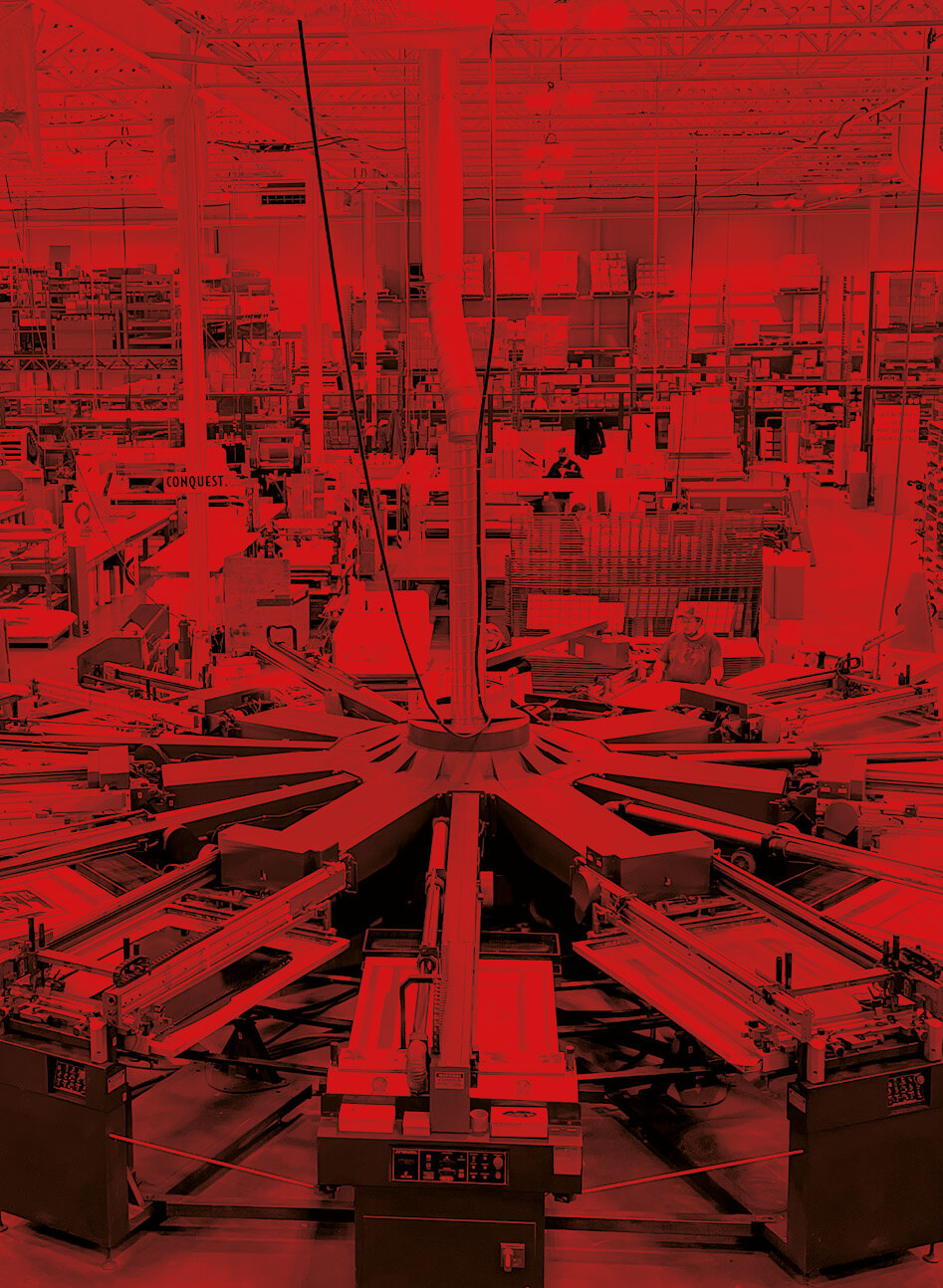
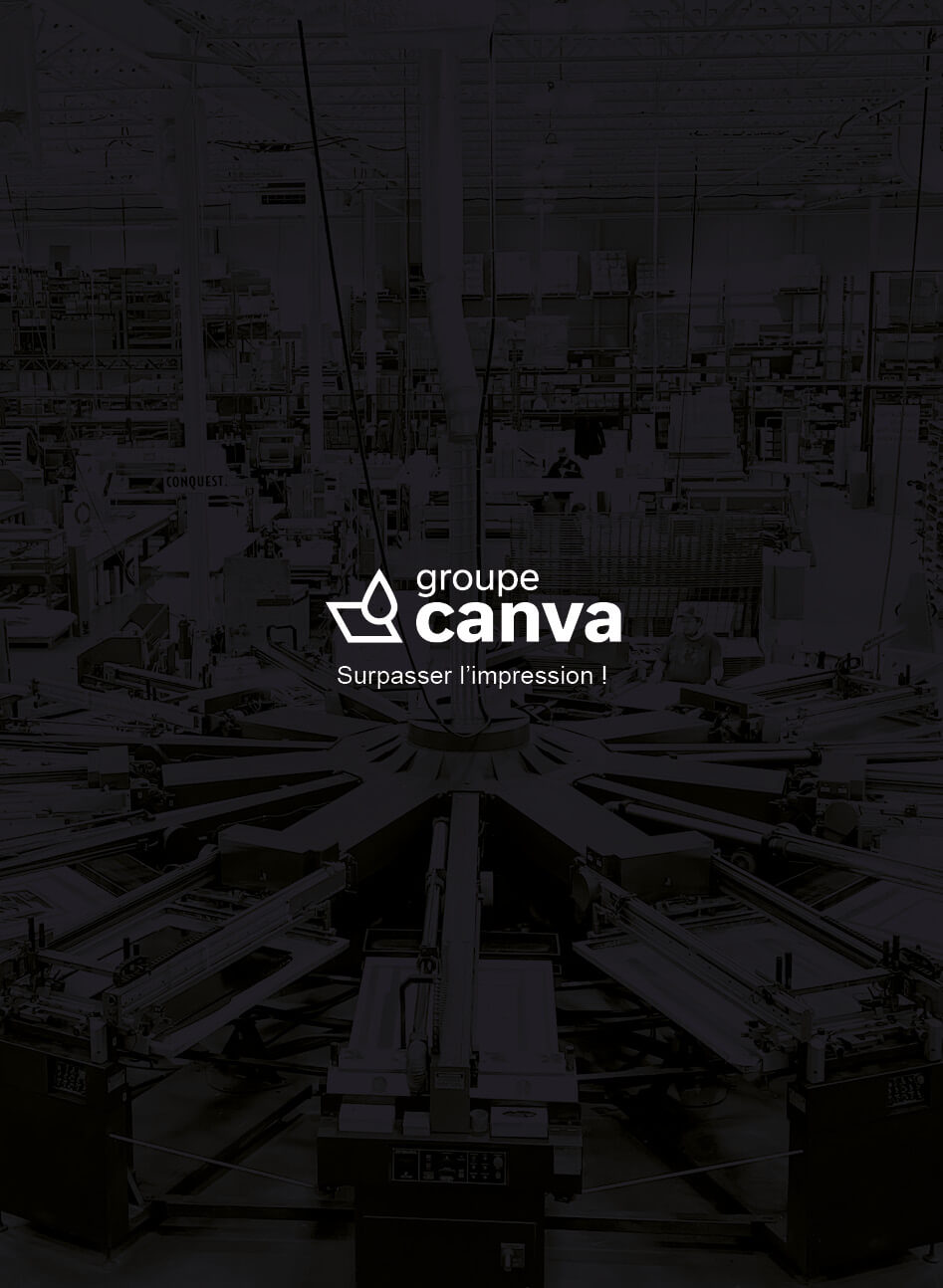
CEL aerospace
Services
Montérégie

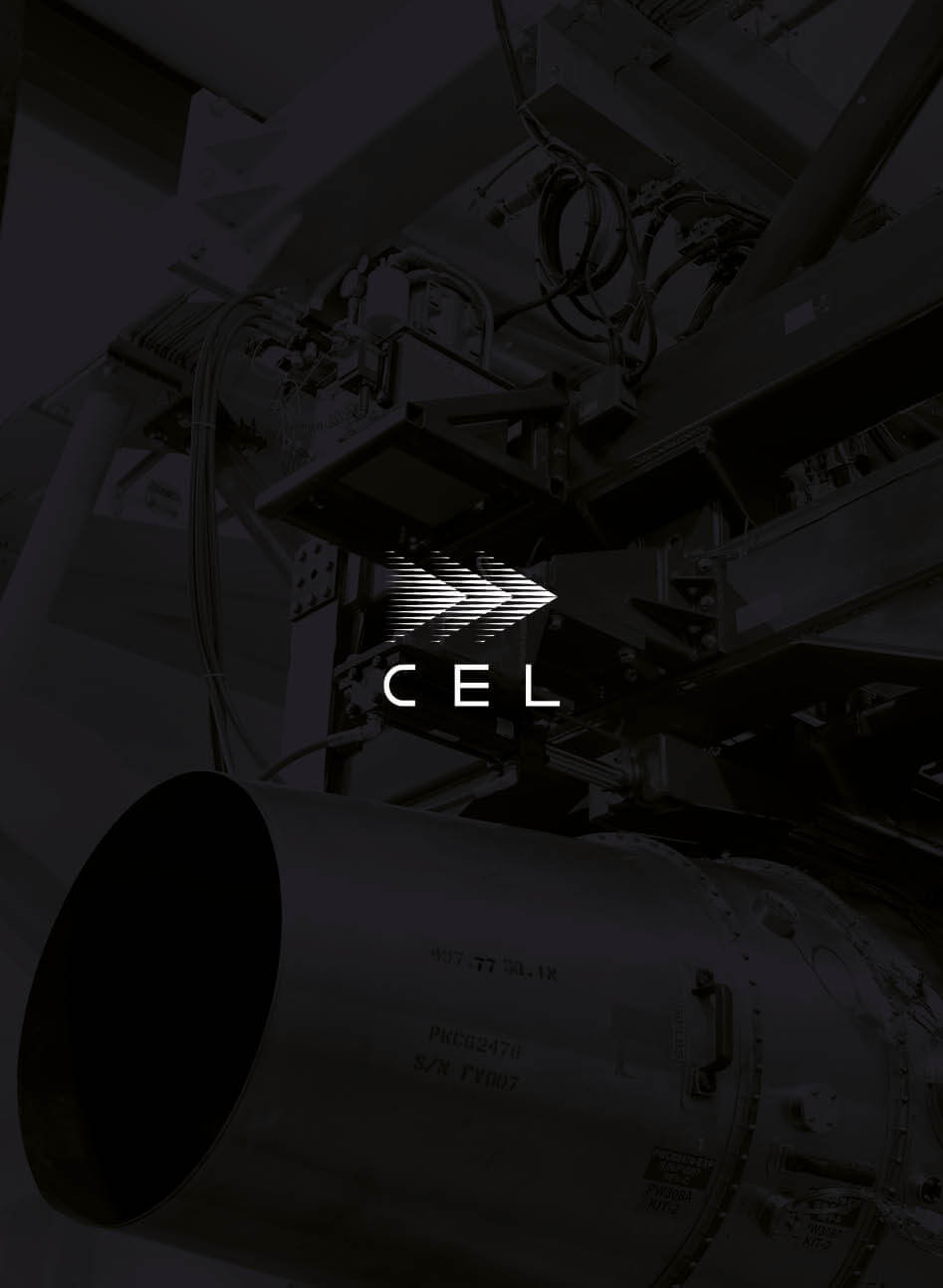
Metalium
Fabrication
Montérégie
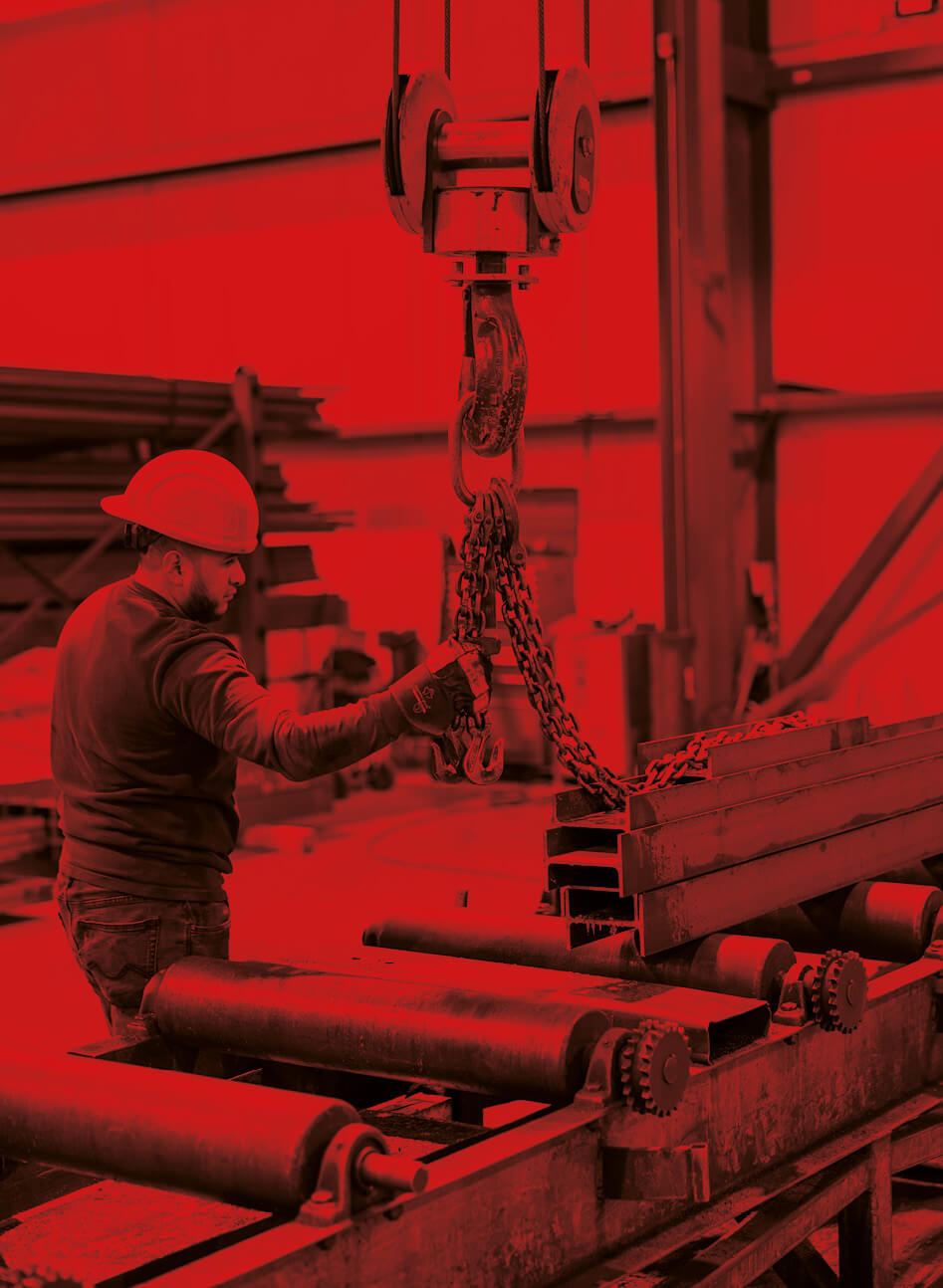

Tremcar
Fabrication
Montérégie

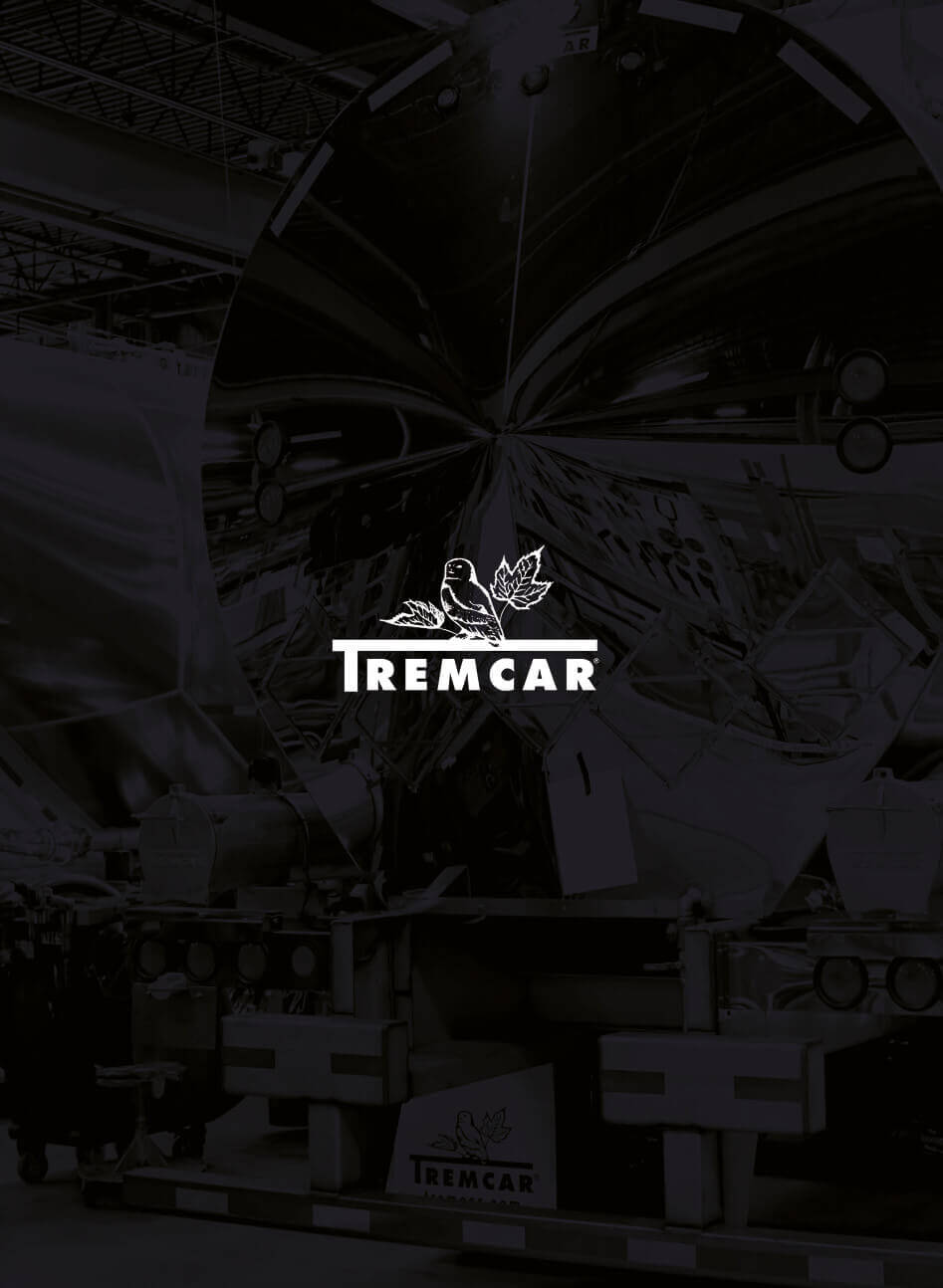
EcoloPharm
Fabrication
Montérégie


Viridis Environnement
Économie sociale, Matières premières
Montérégie
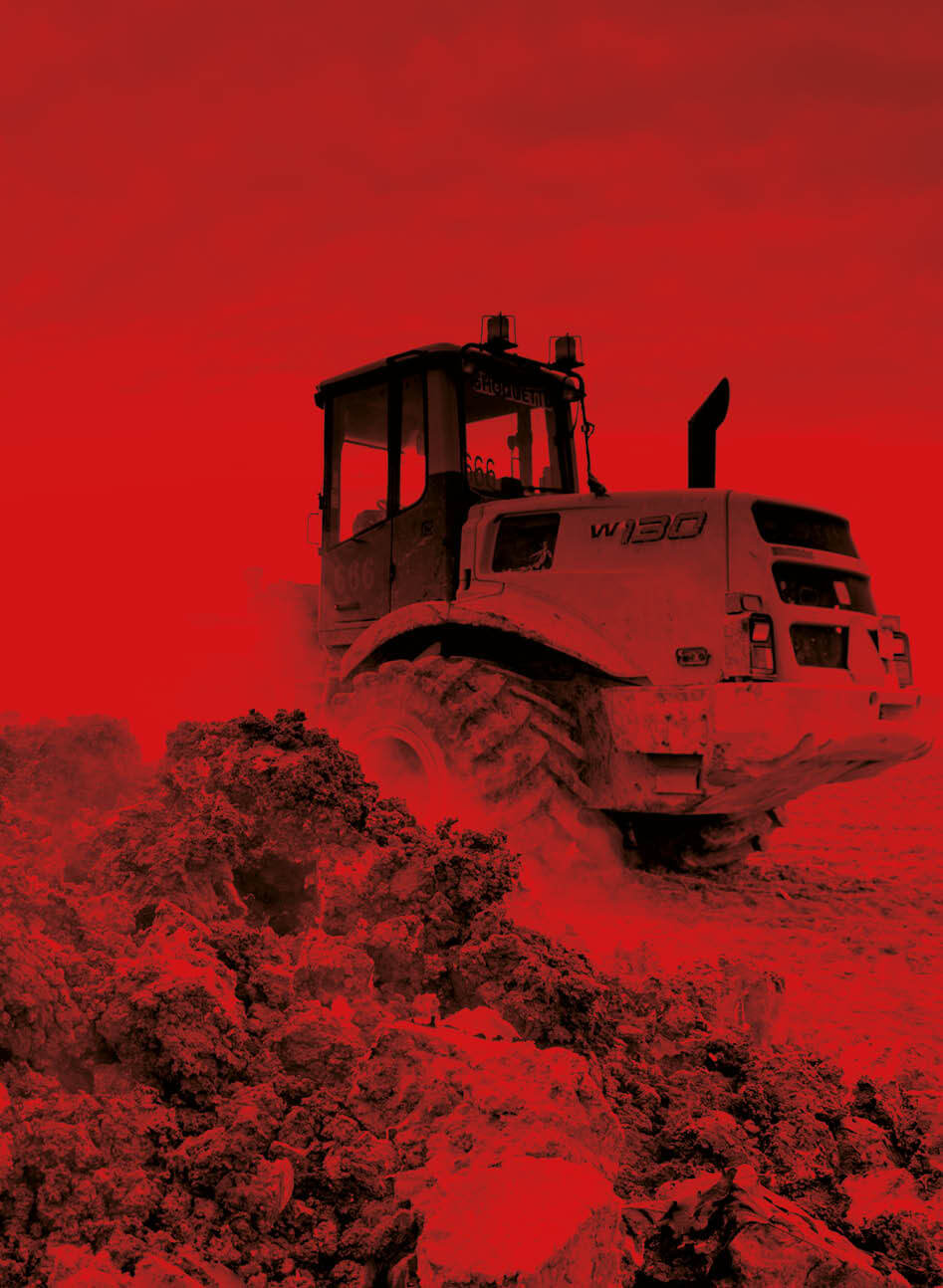
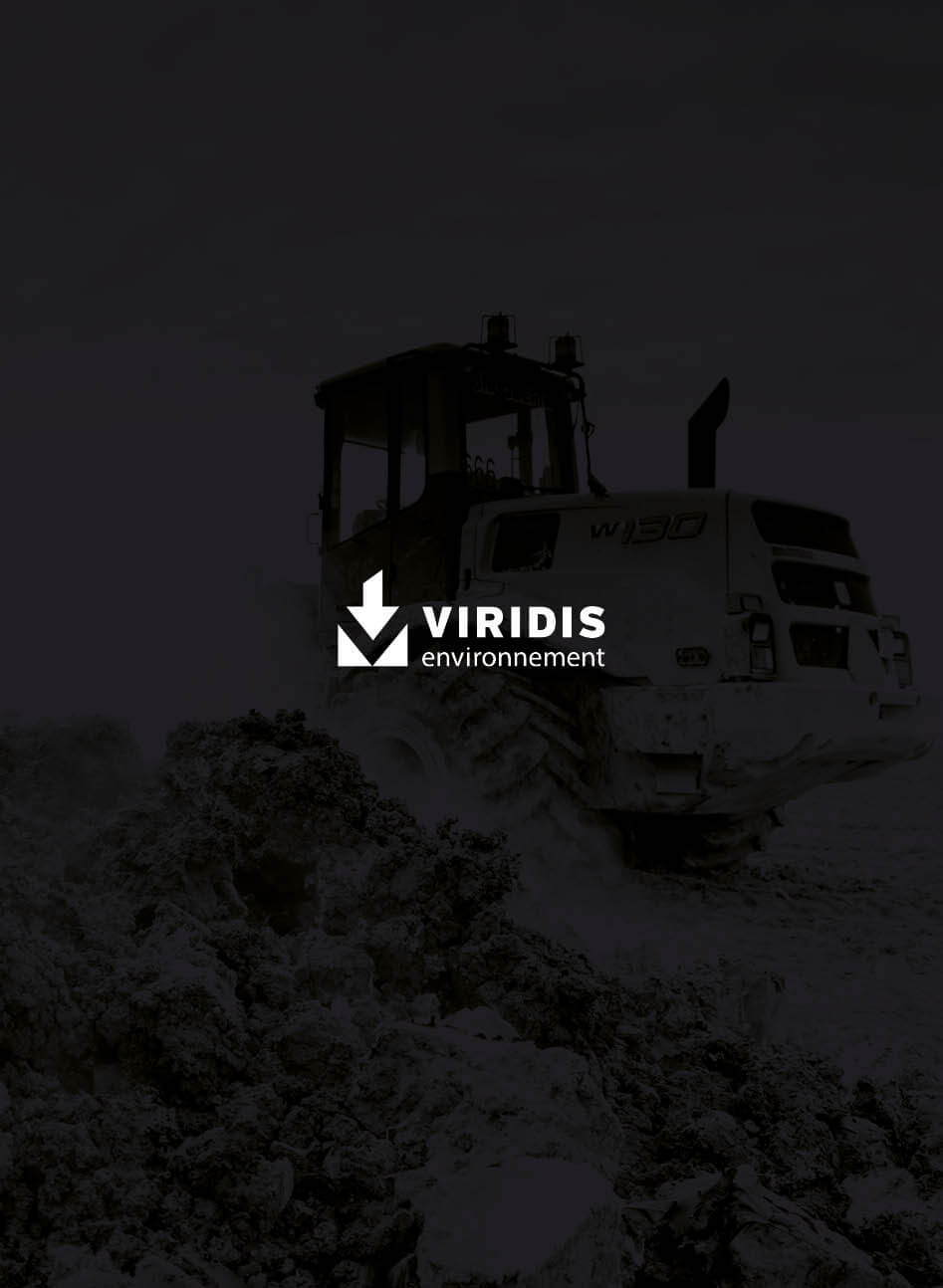
Nationex
Transport & Entreposage
Montérégie


Les Industries Rainville
Fabrication
Montérégie
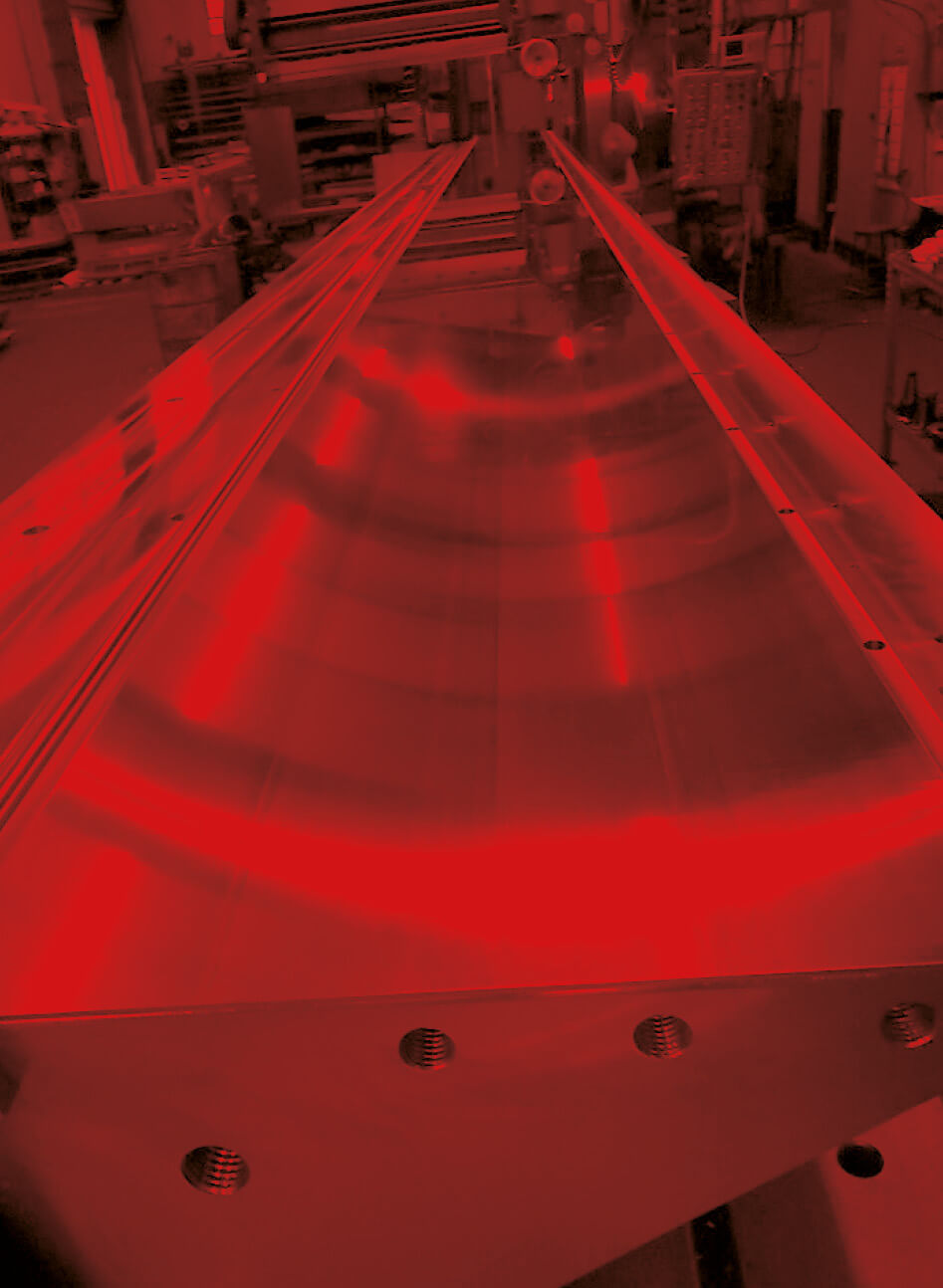
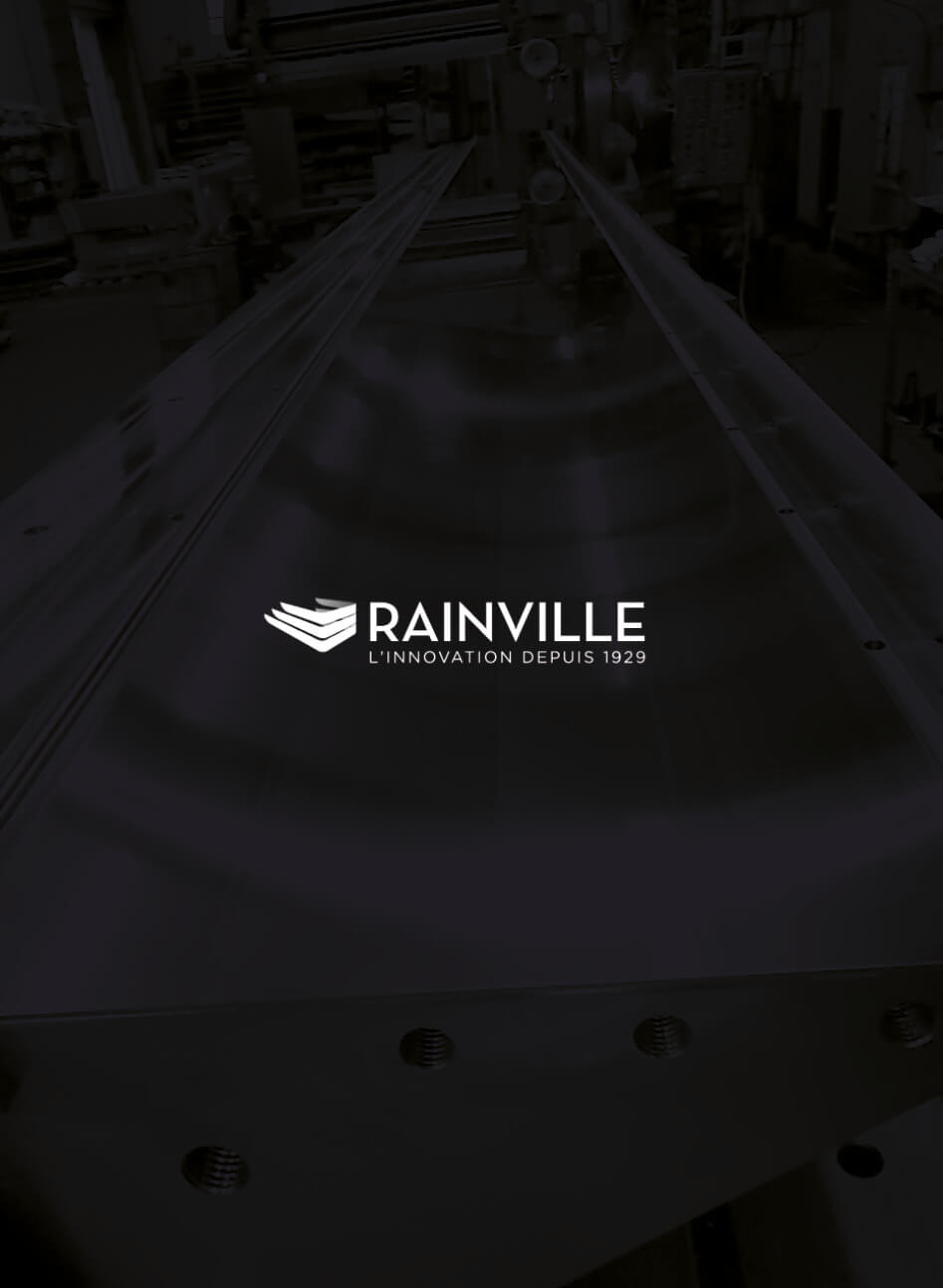
LABPLAS
Fabrication
Montérégie


Distillerie 3 lacs
Fabrication
Montérégie

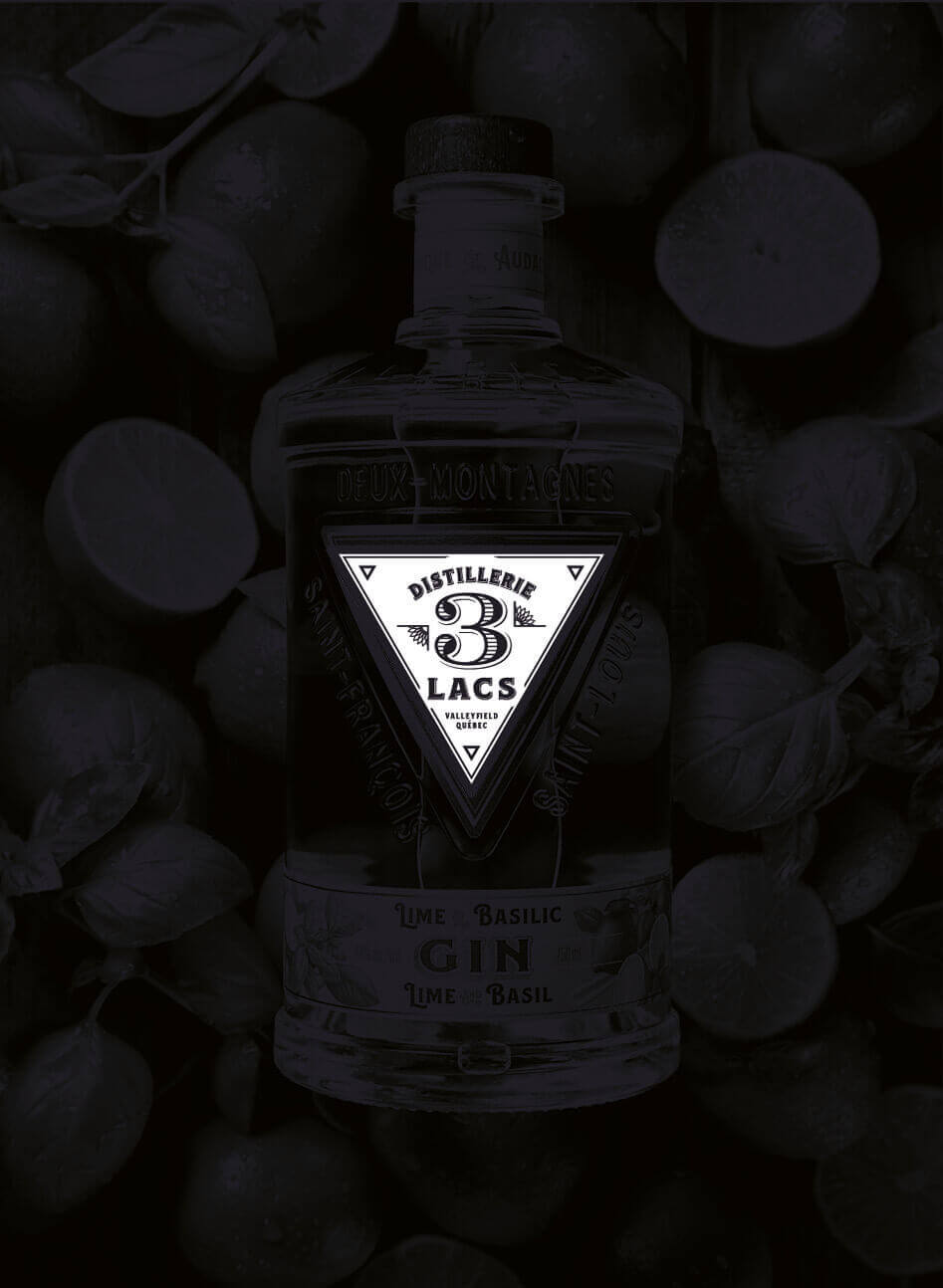
Équipement St-Germain
Construction, Transport & Entreposage
Capitale-Nationale, Montérégie





